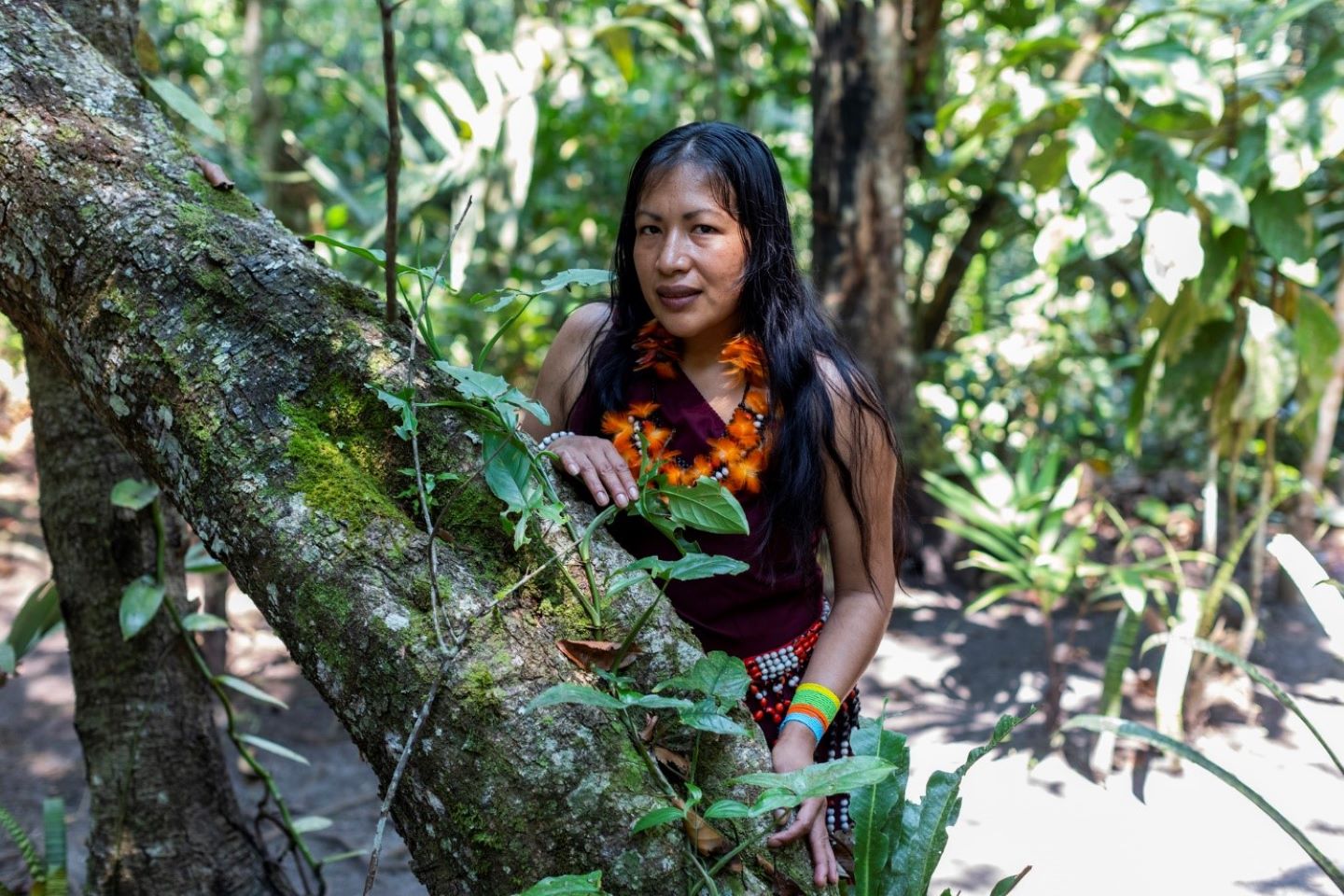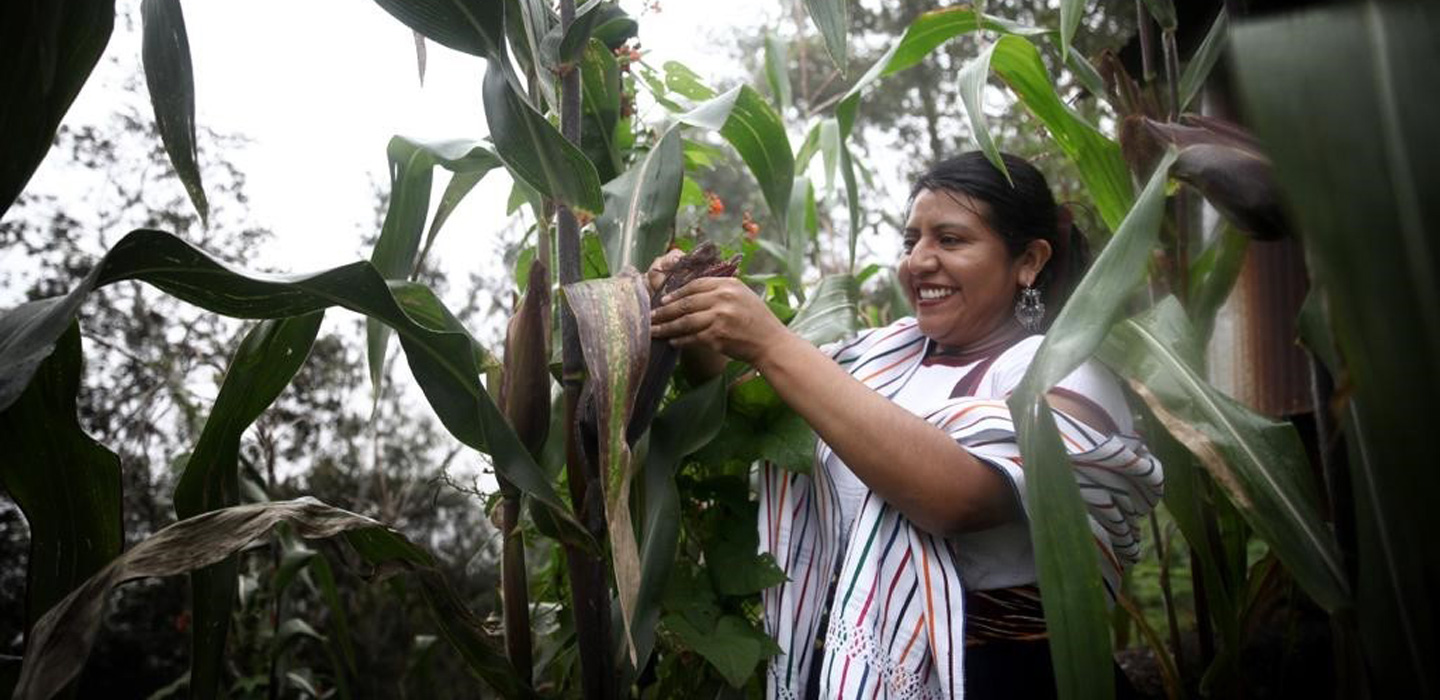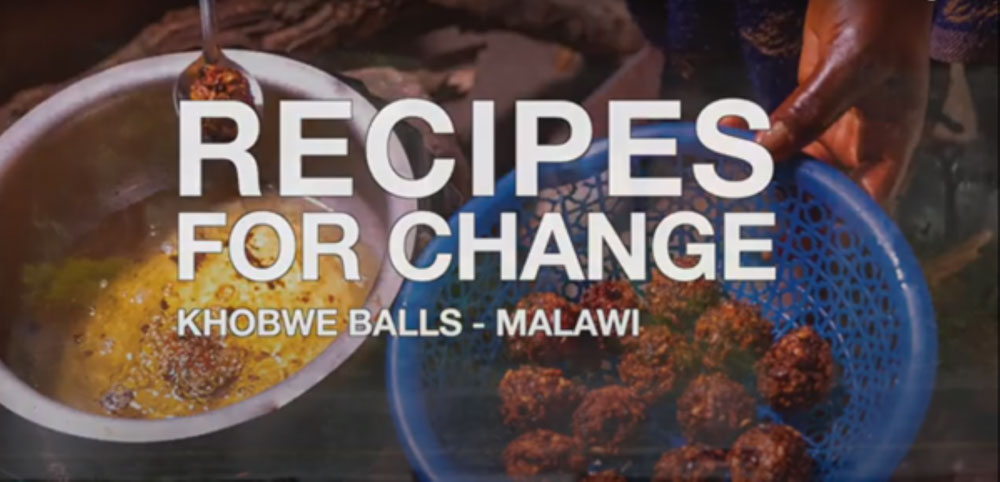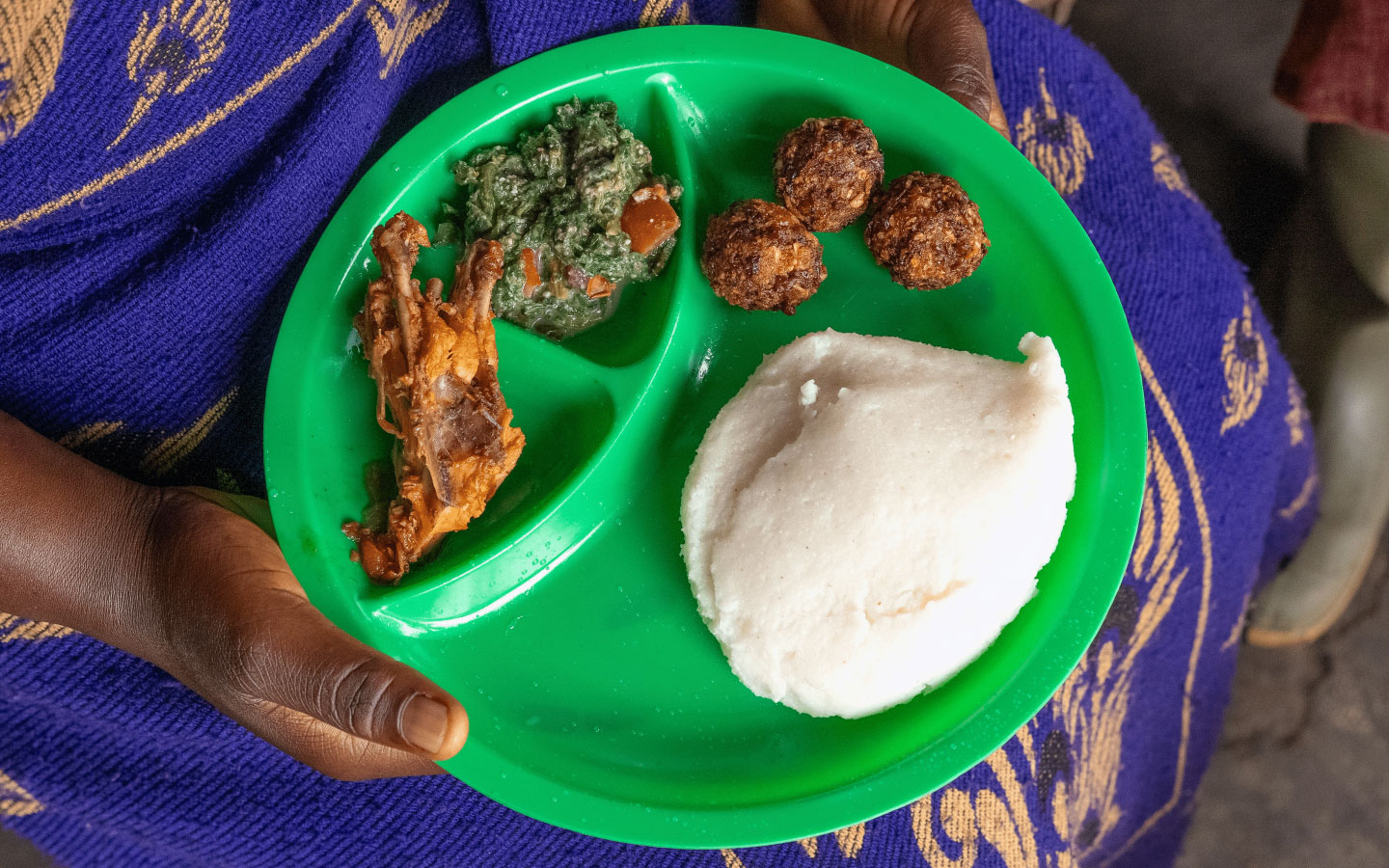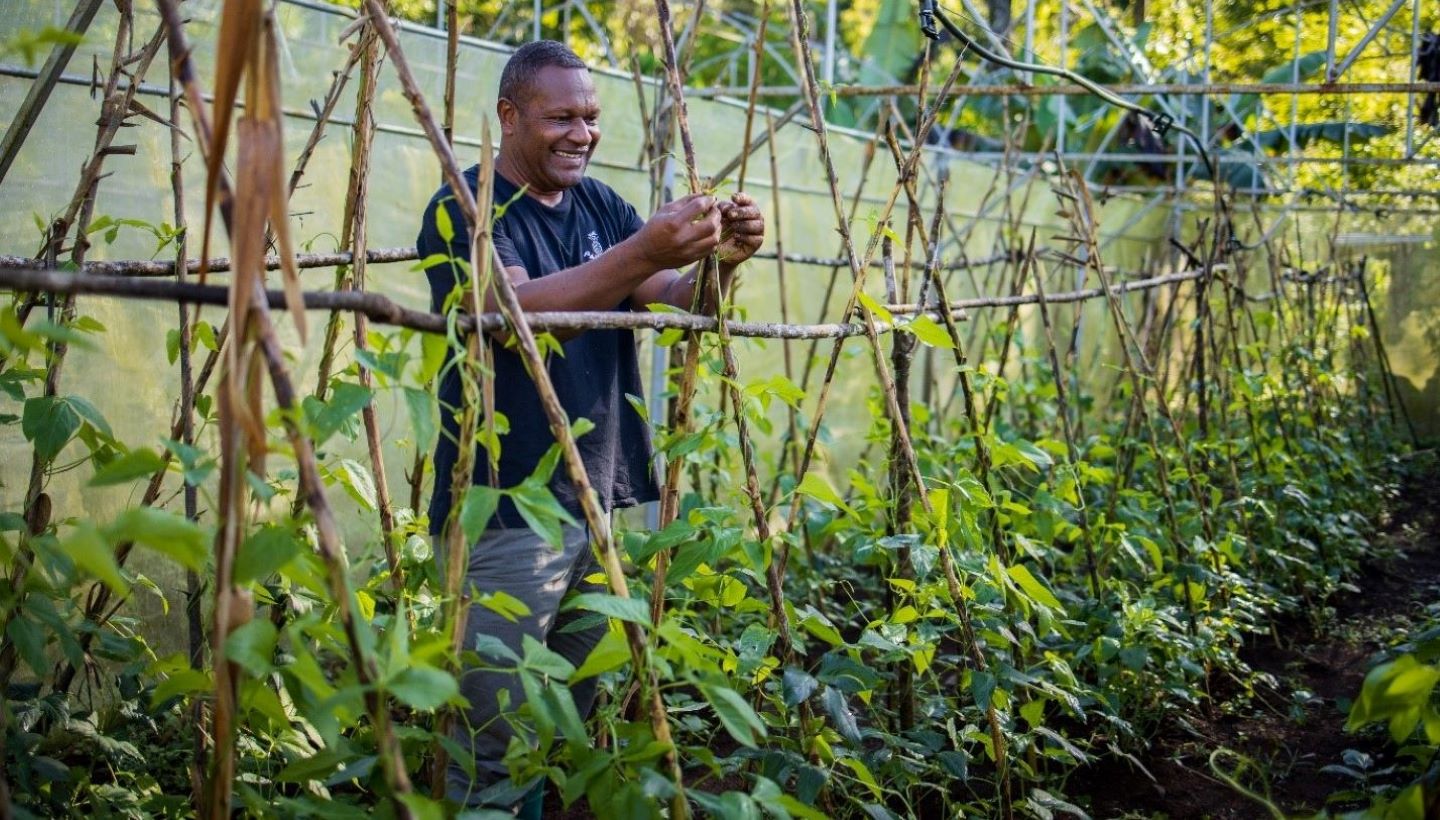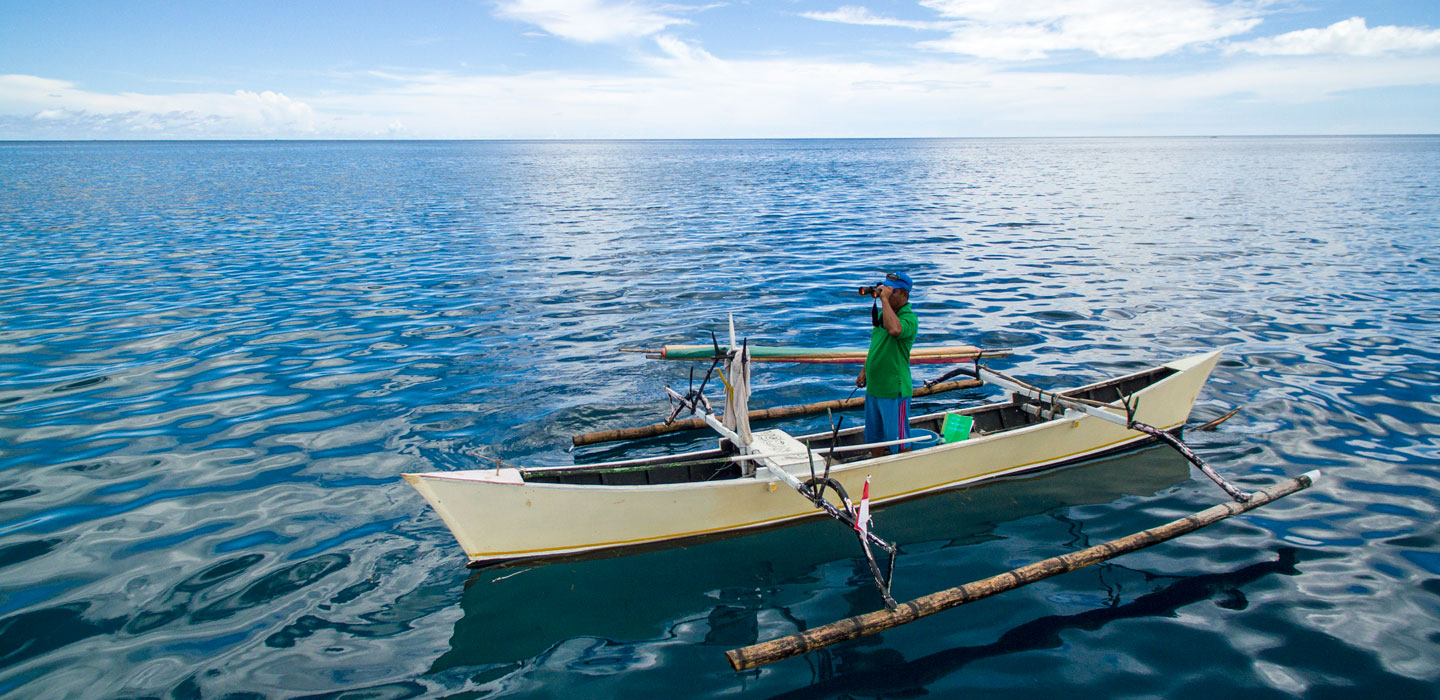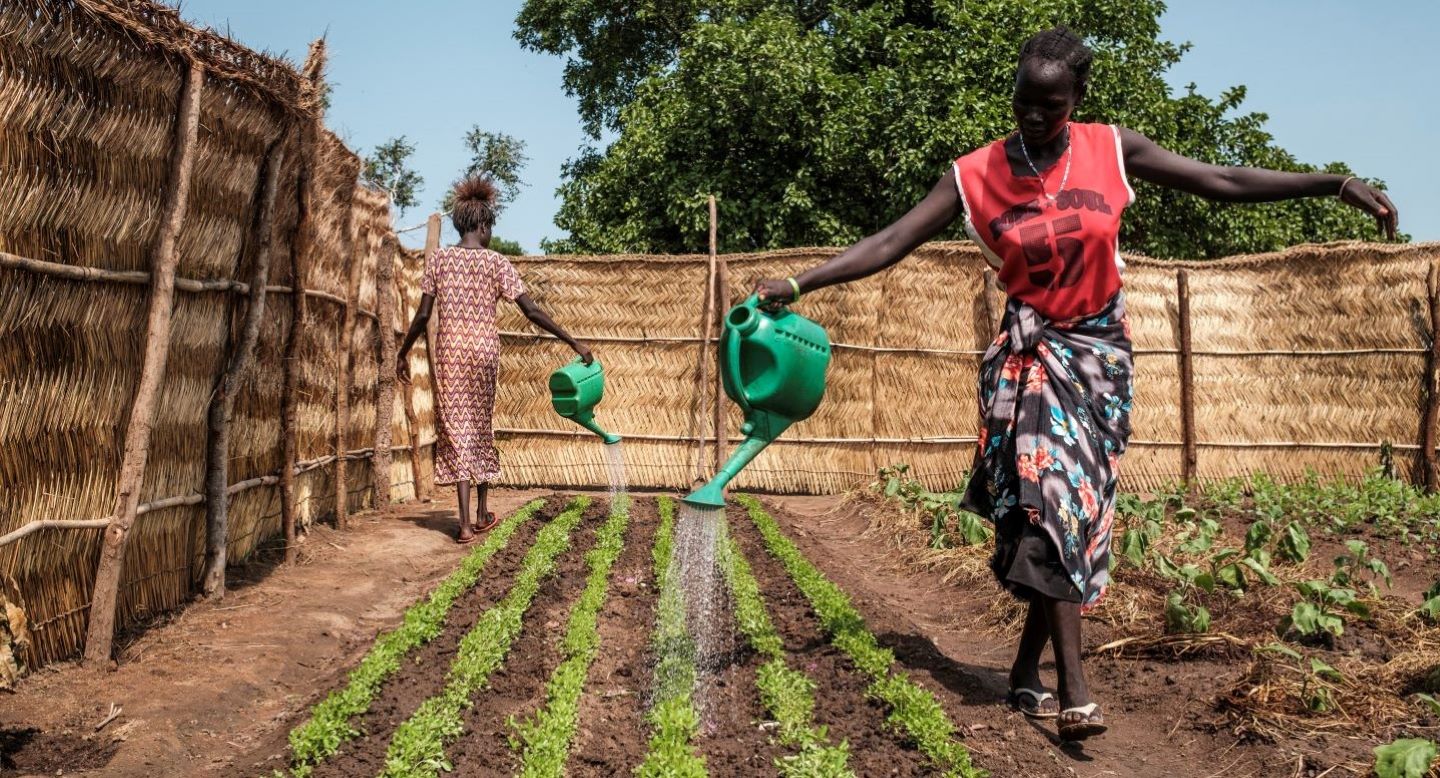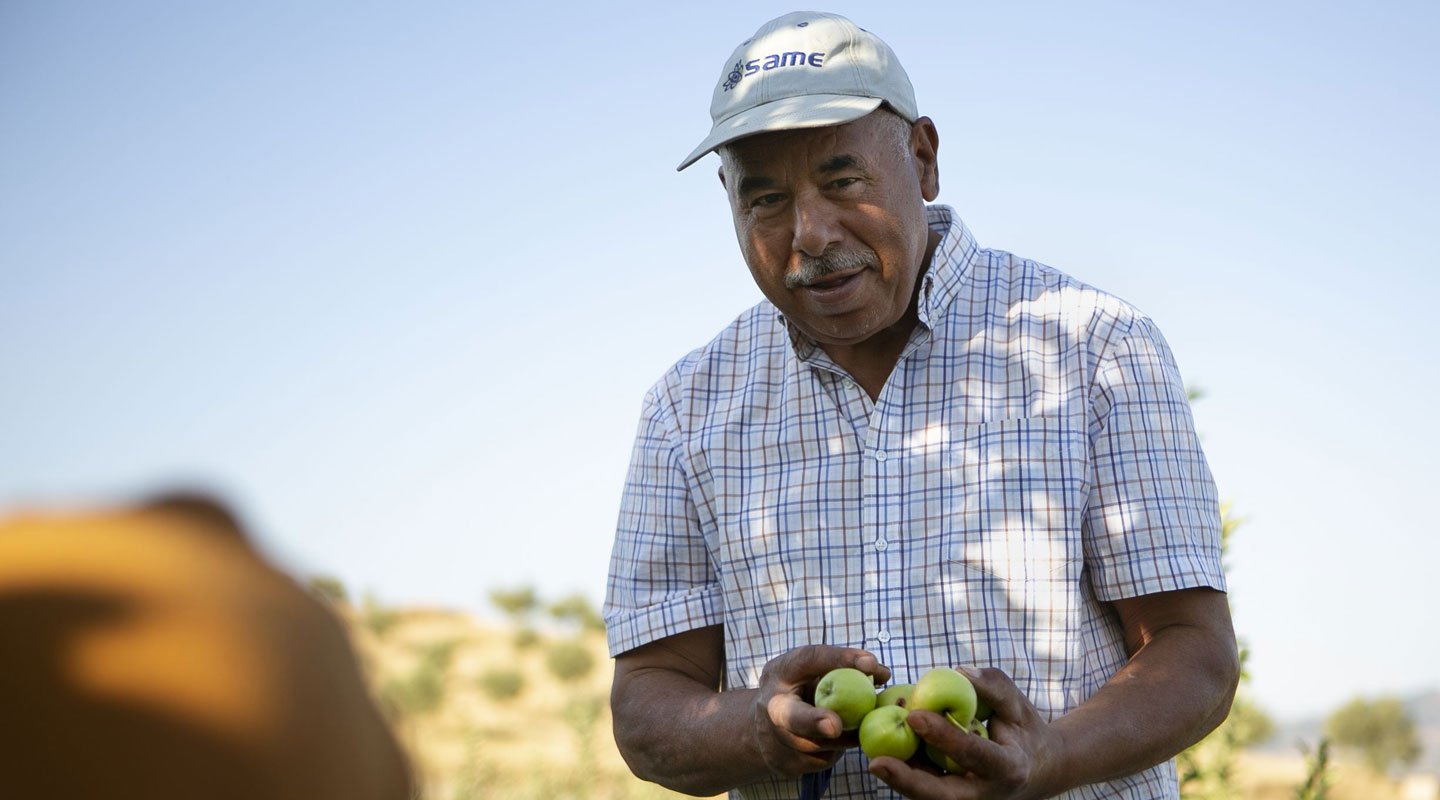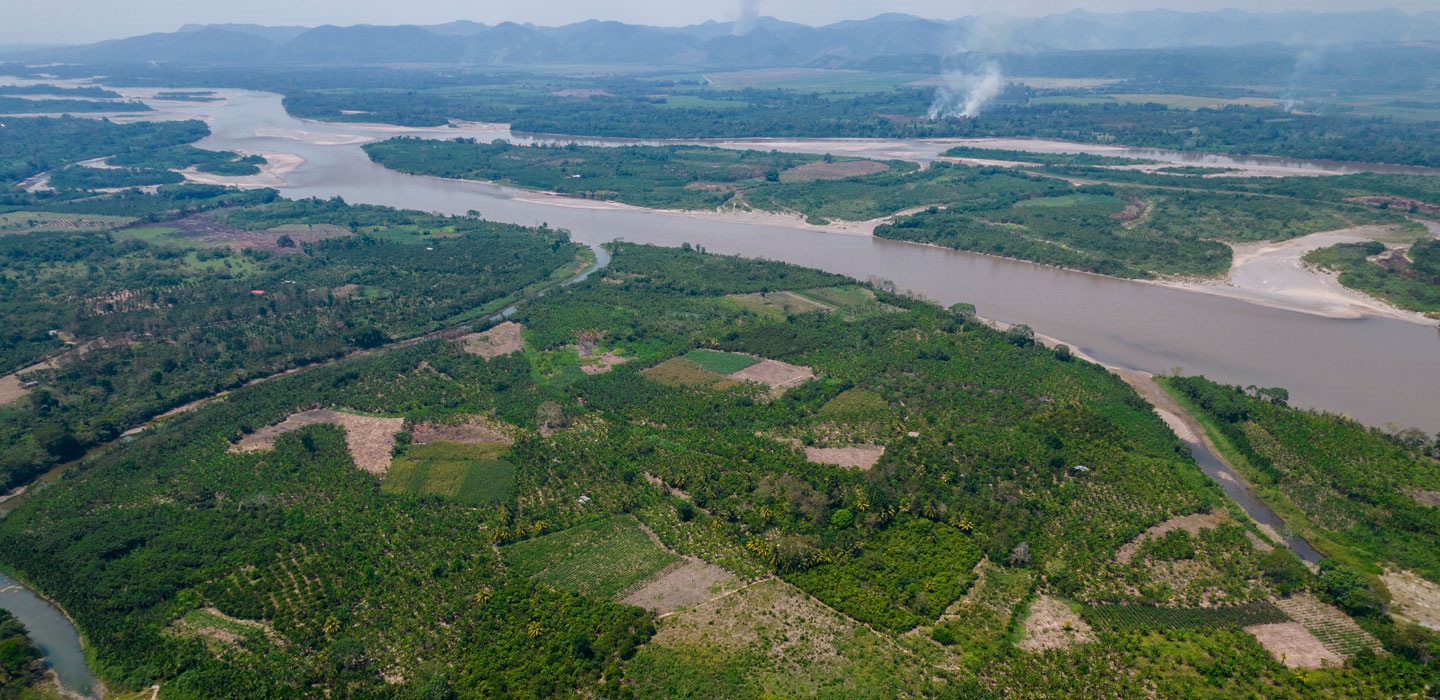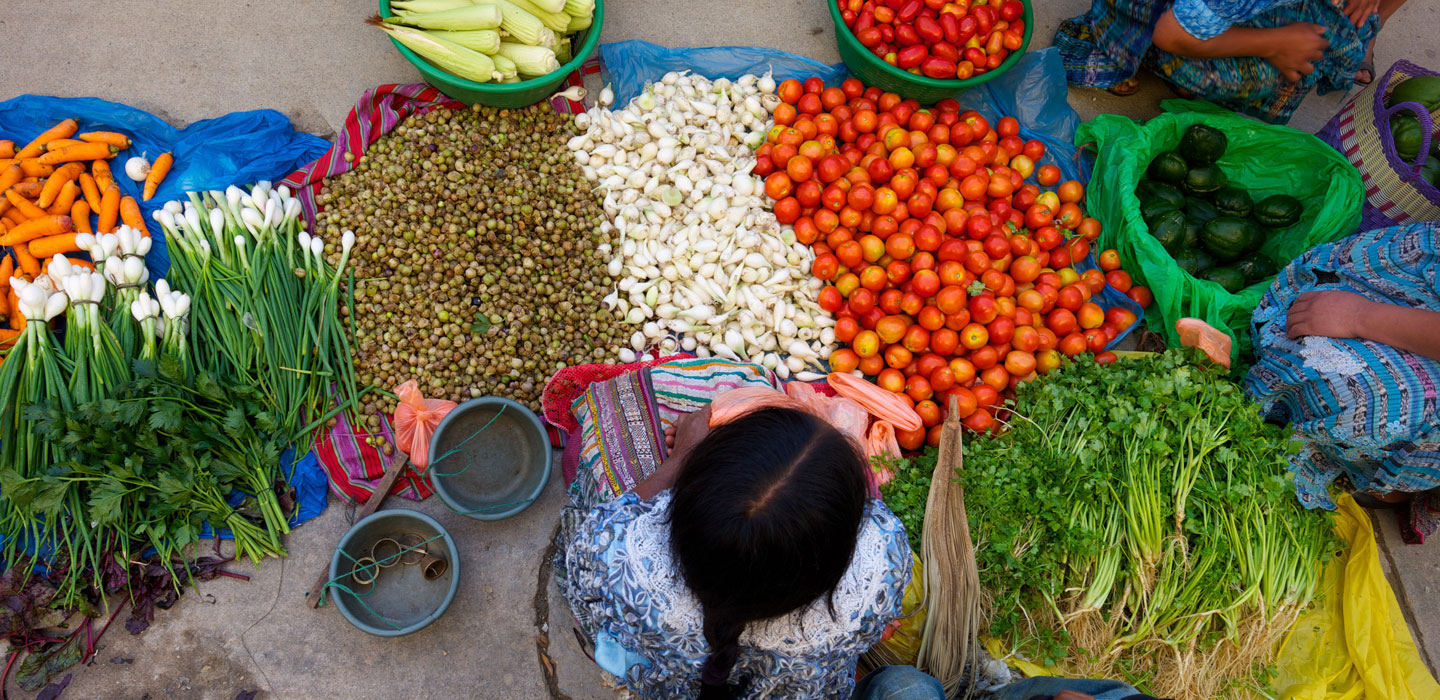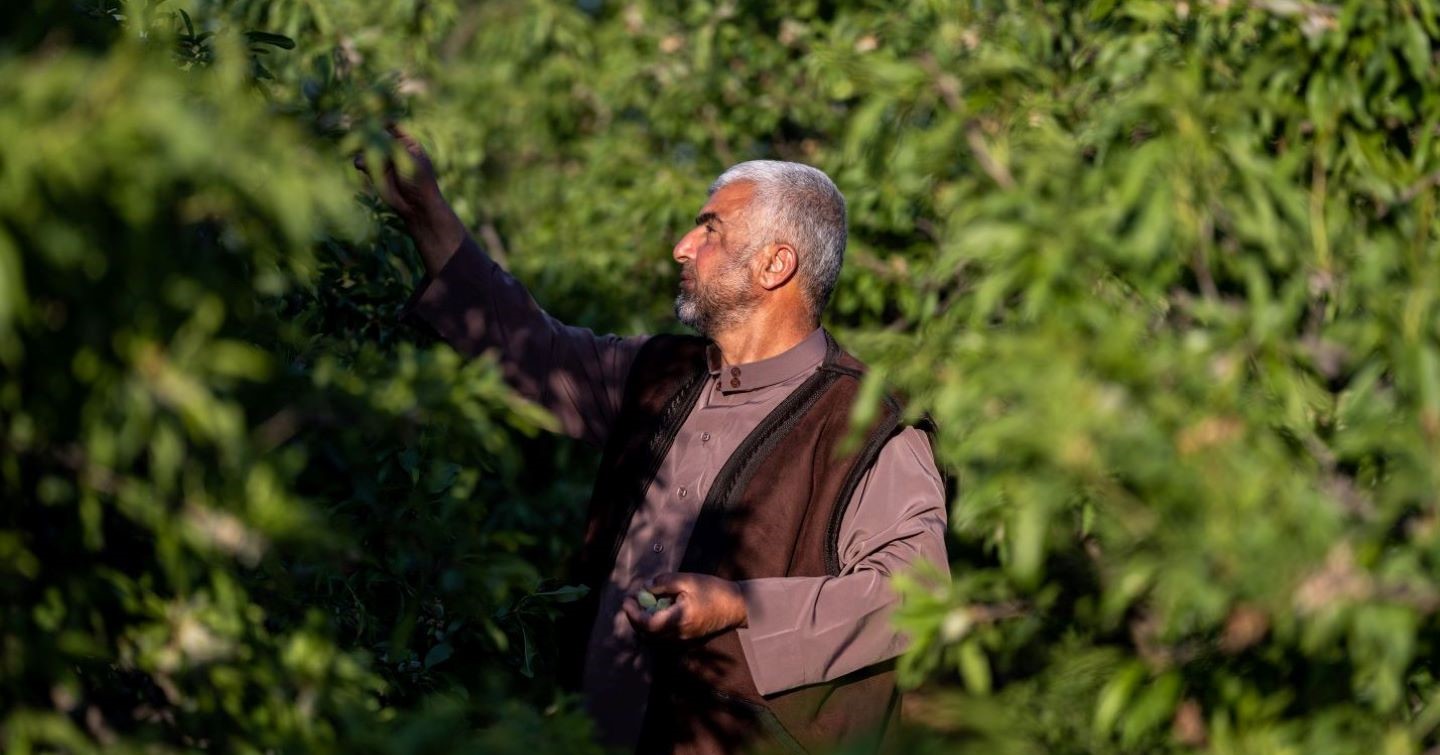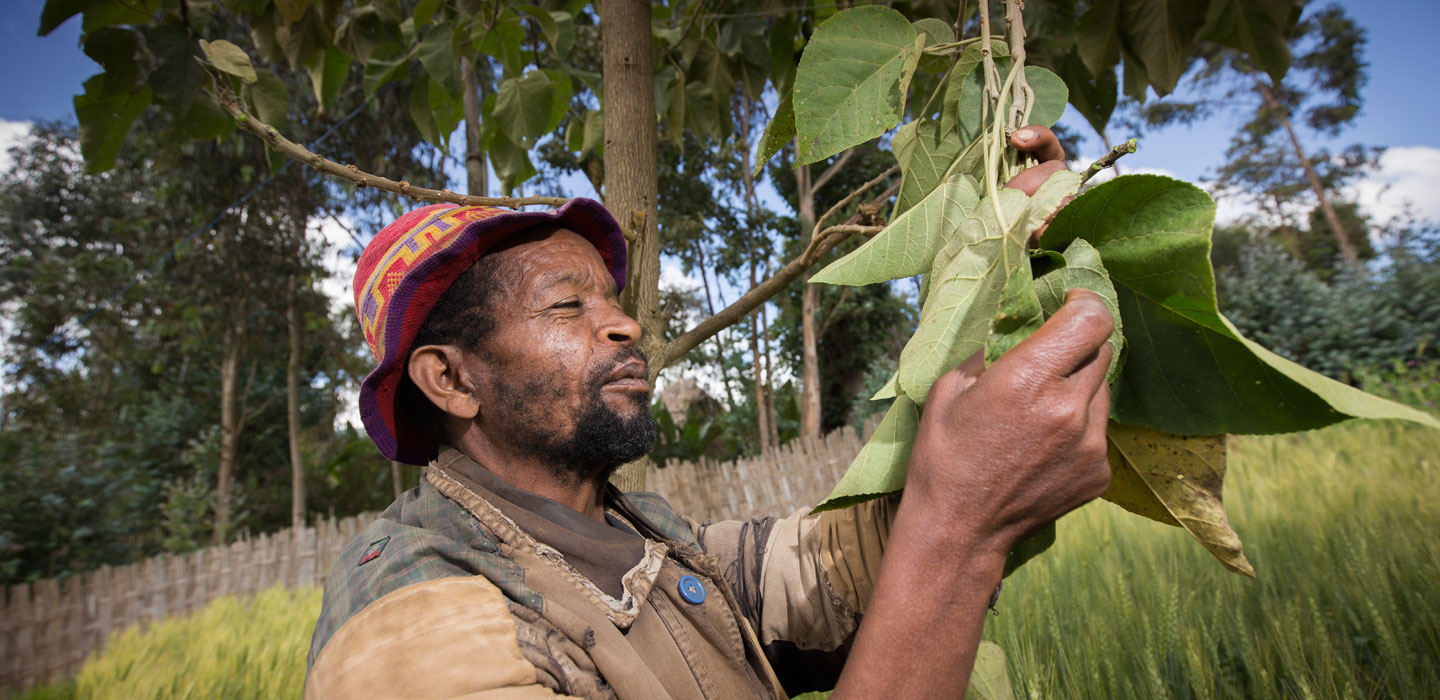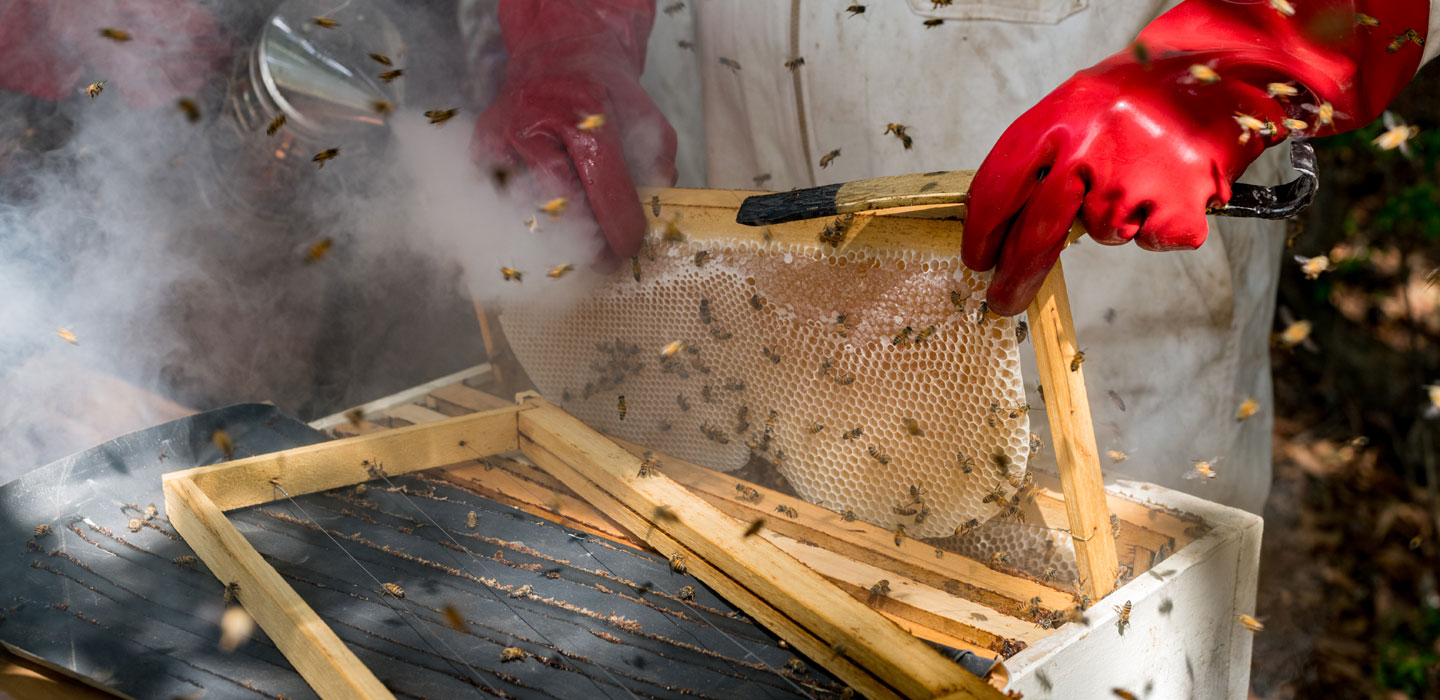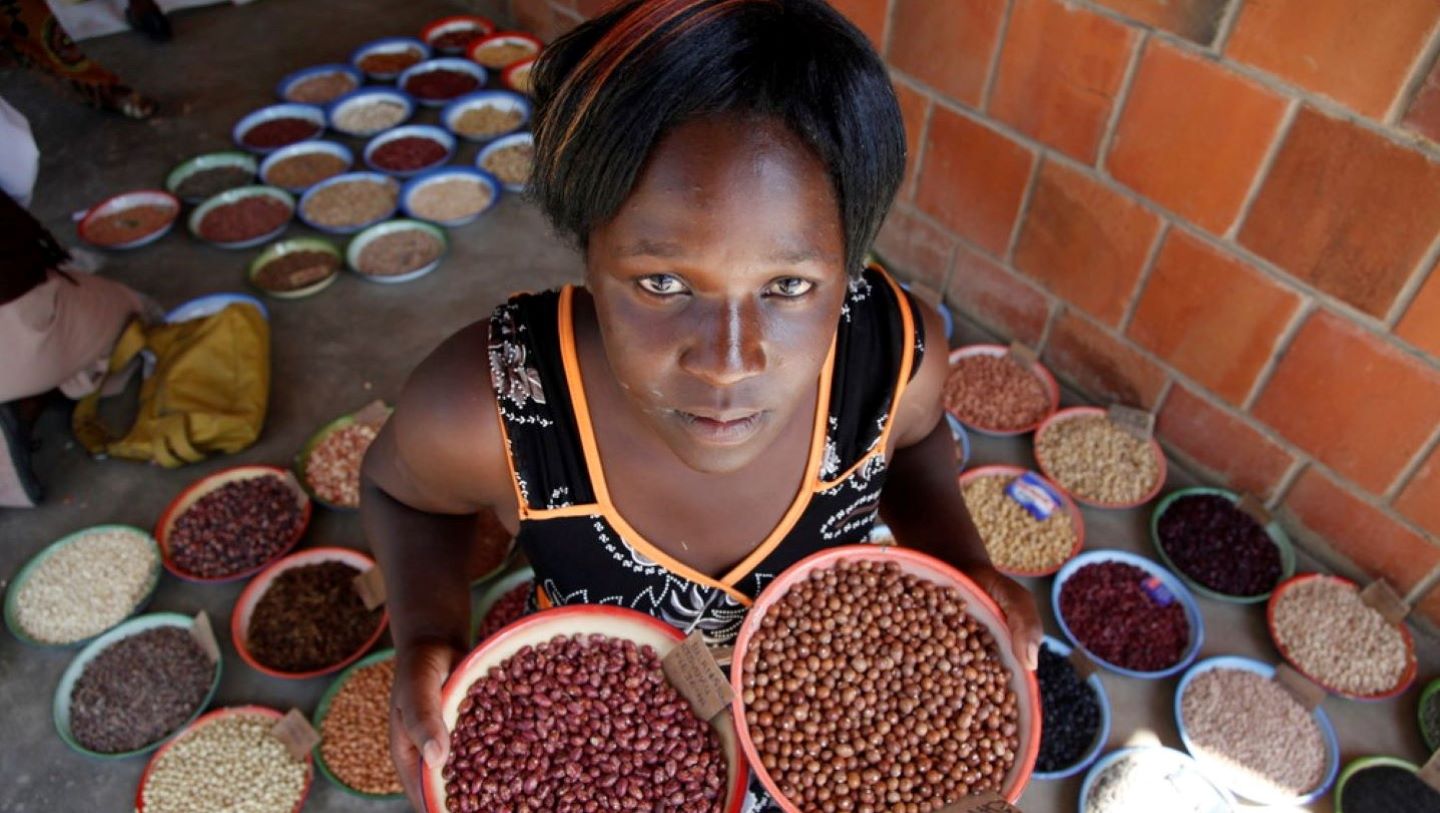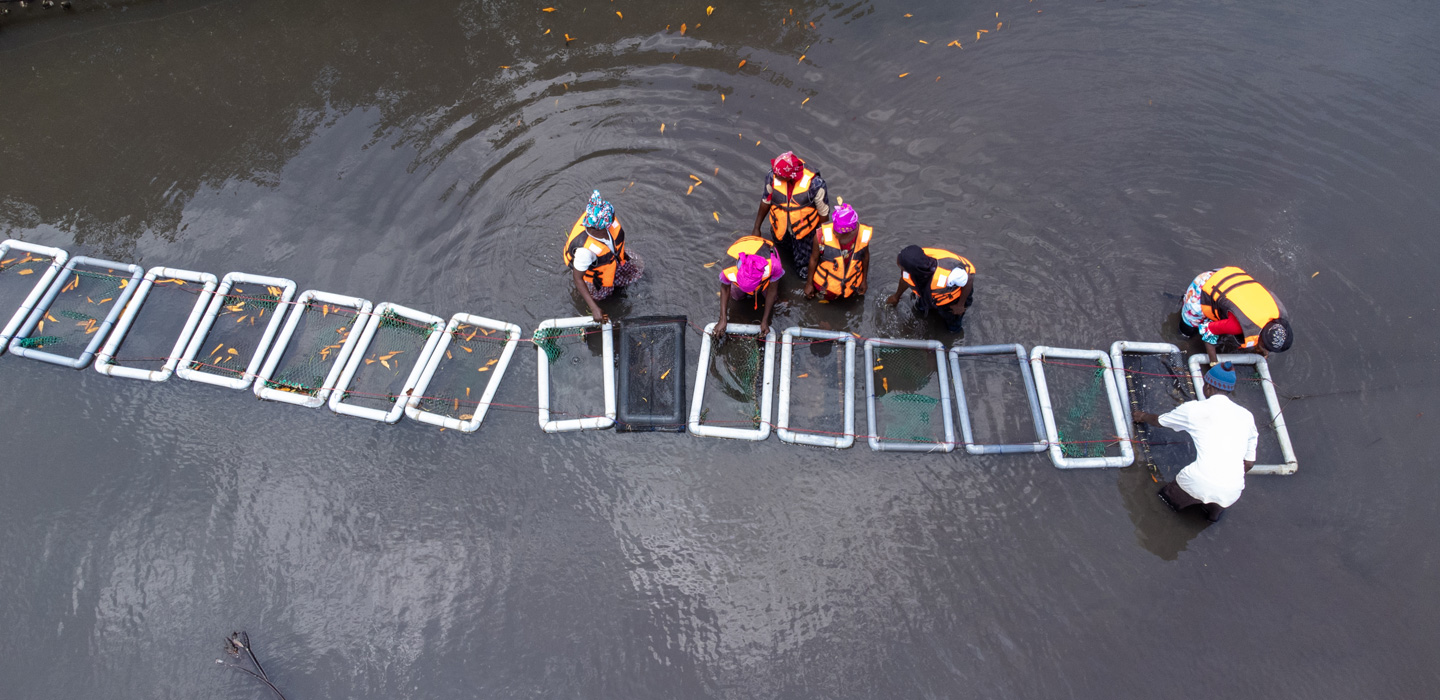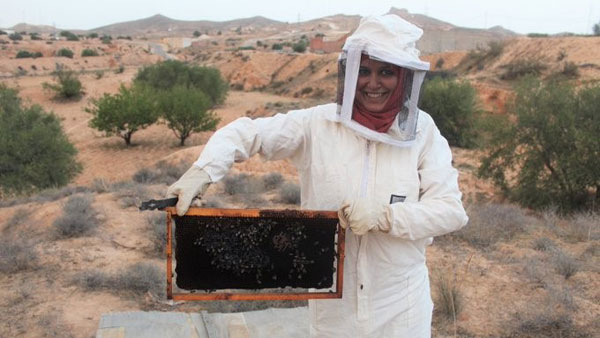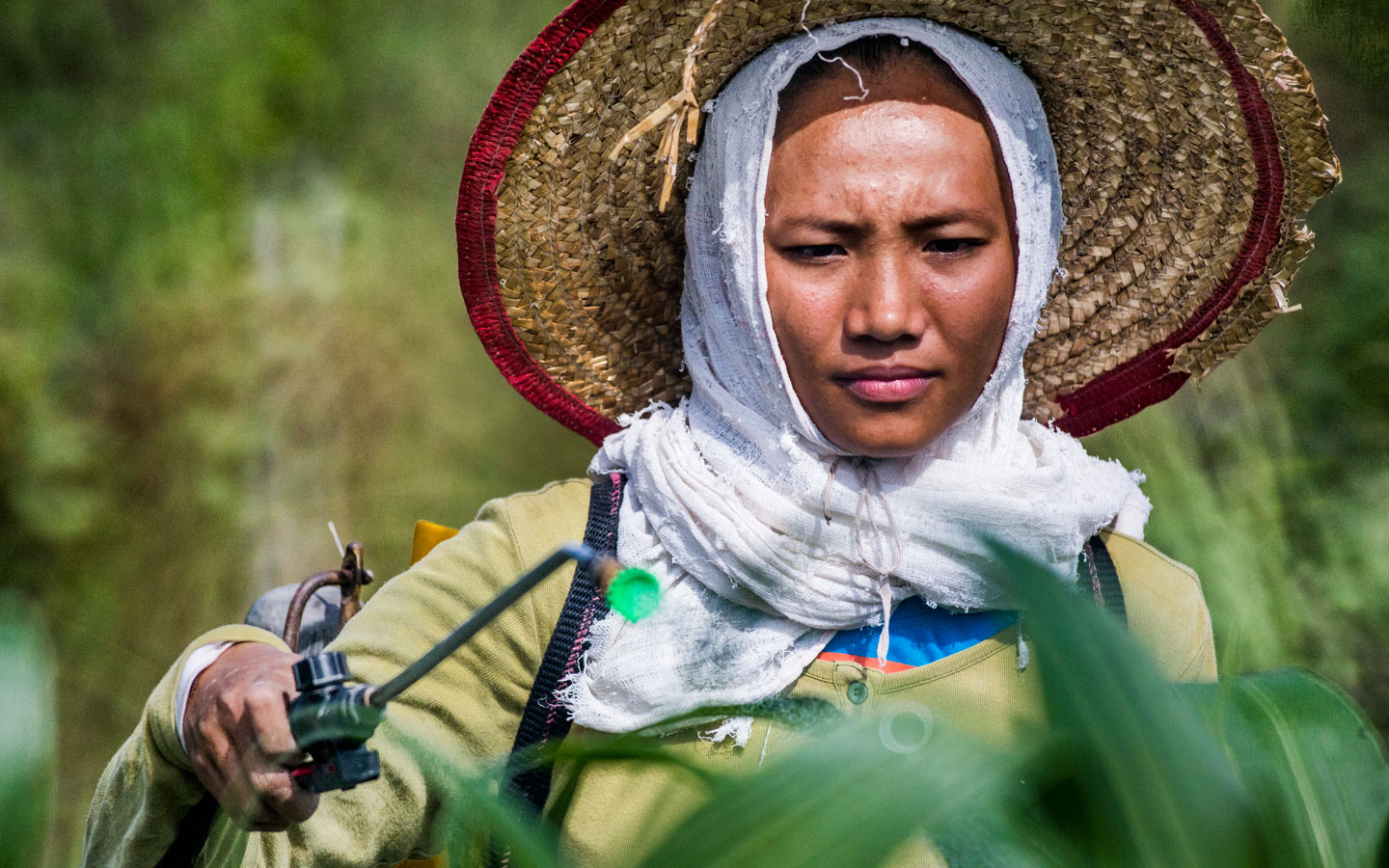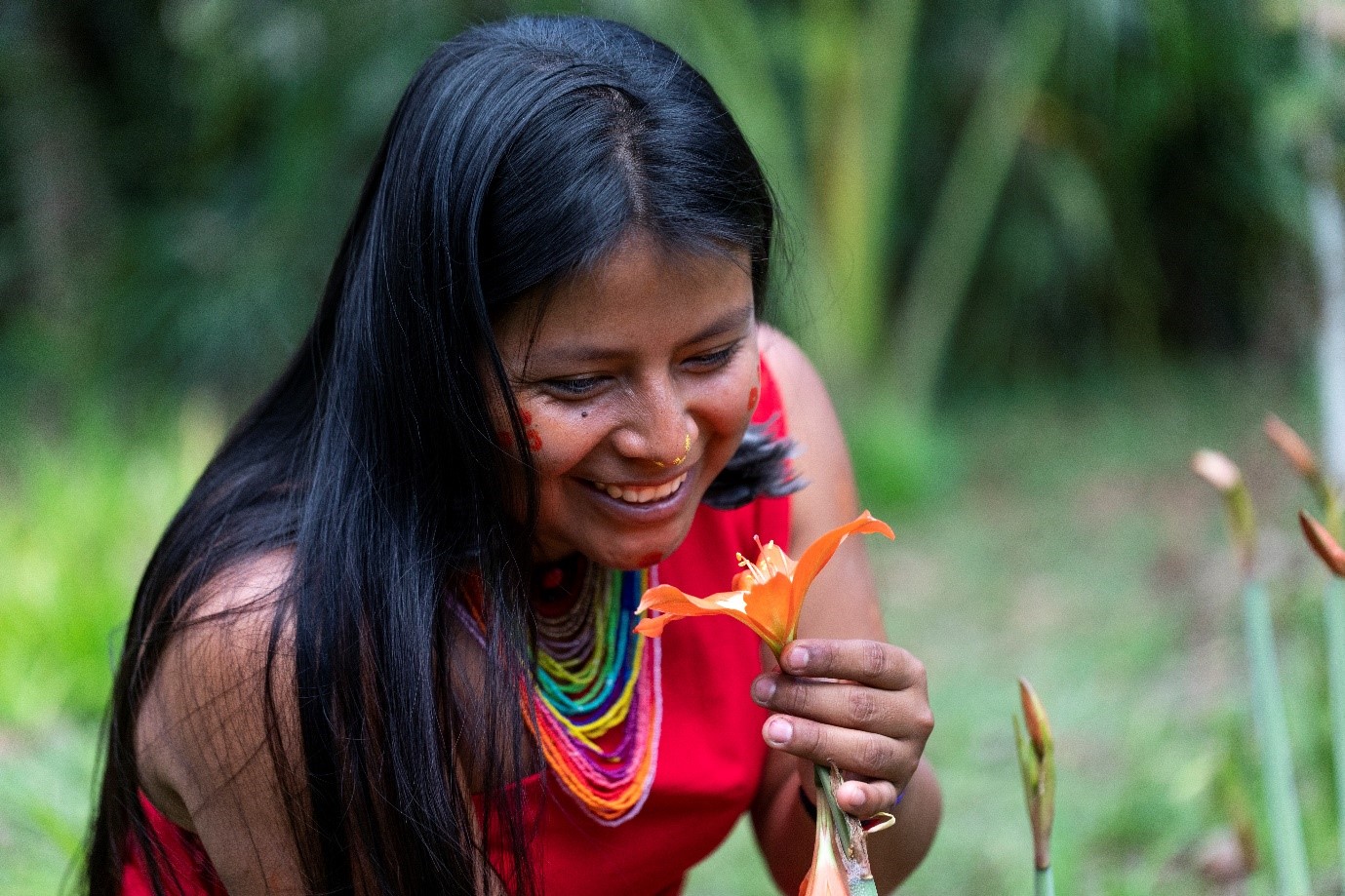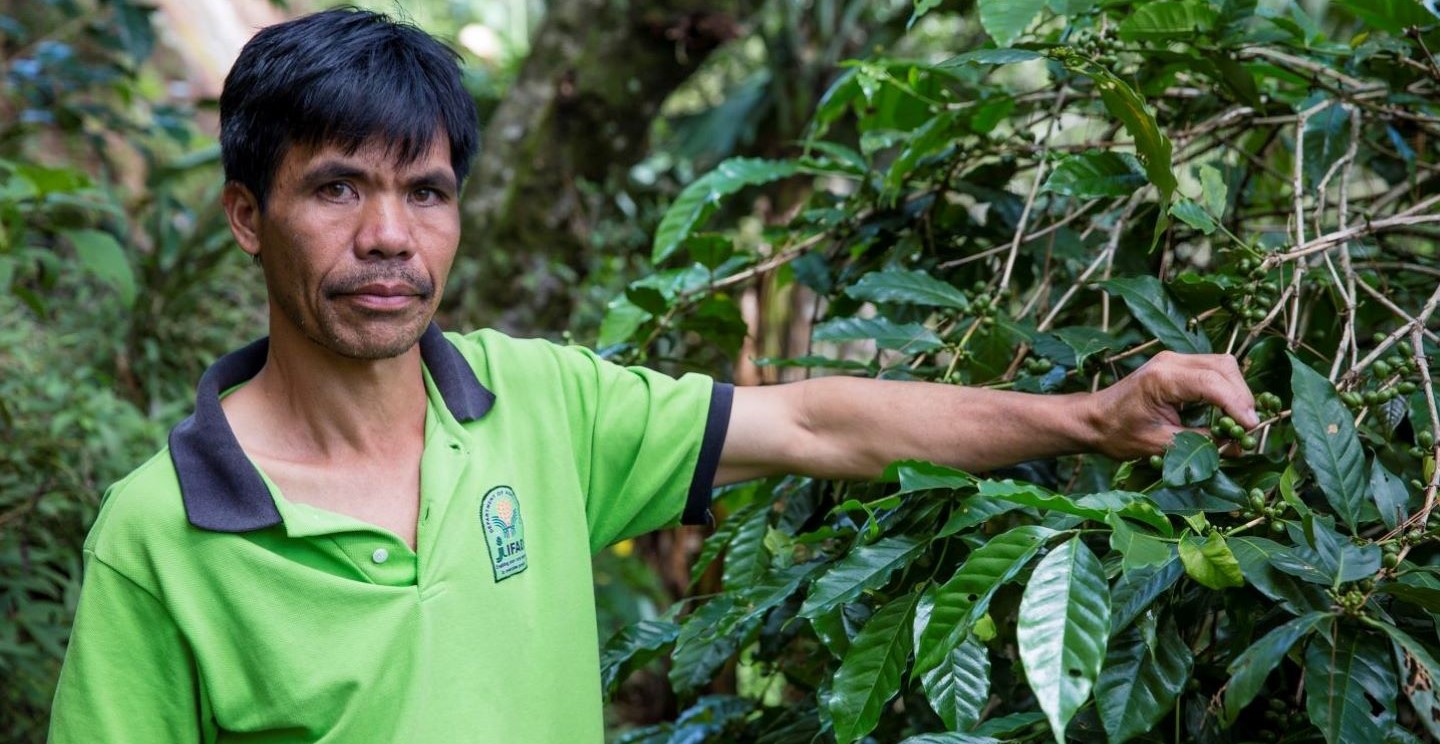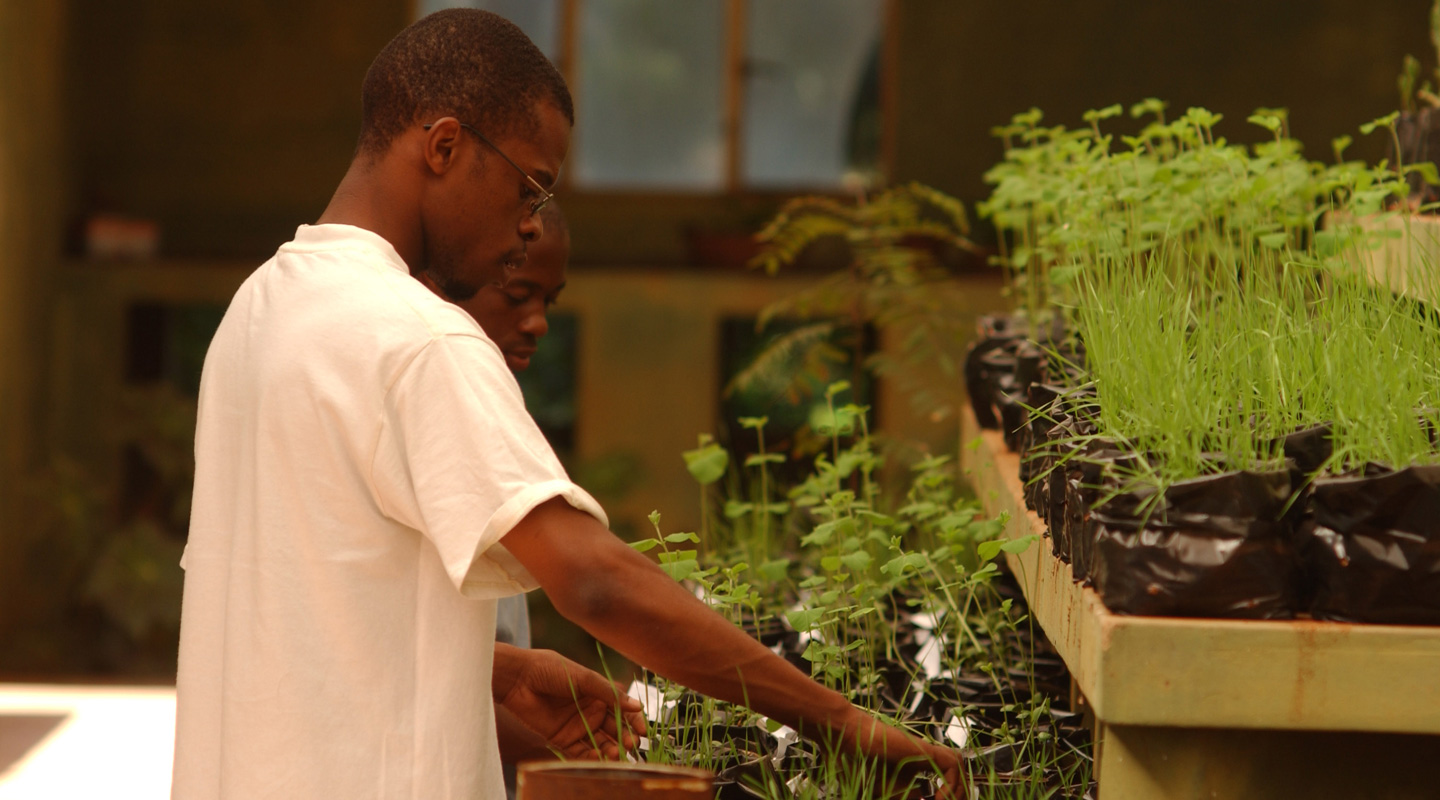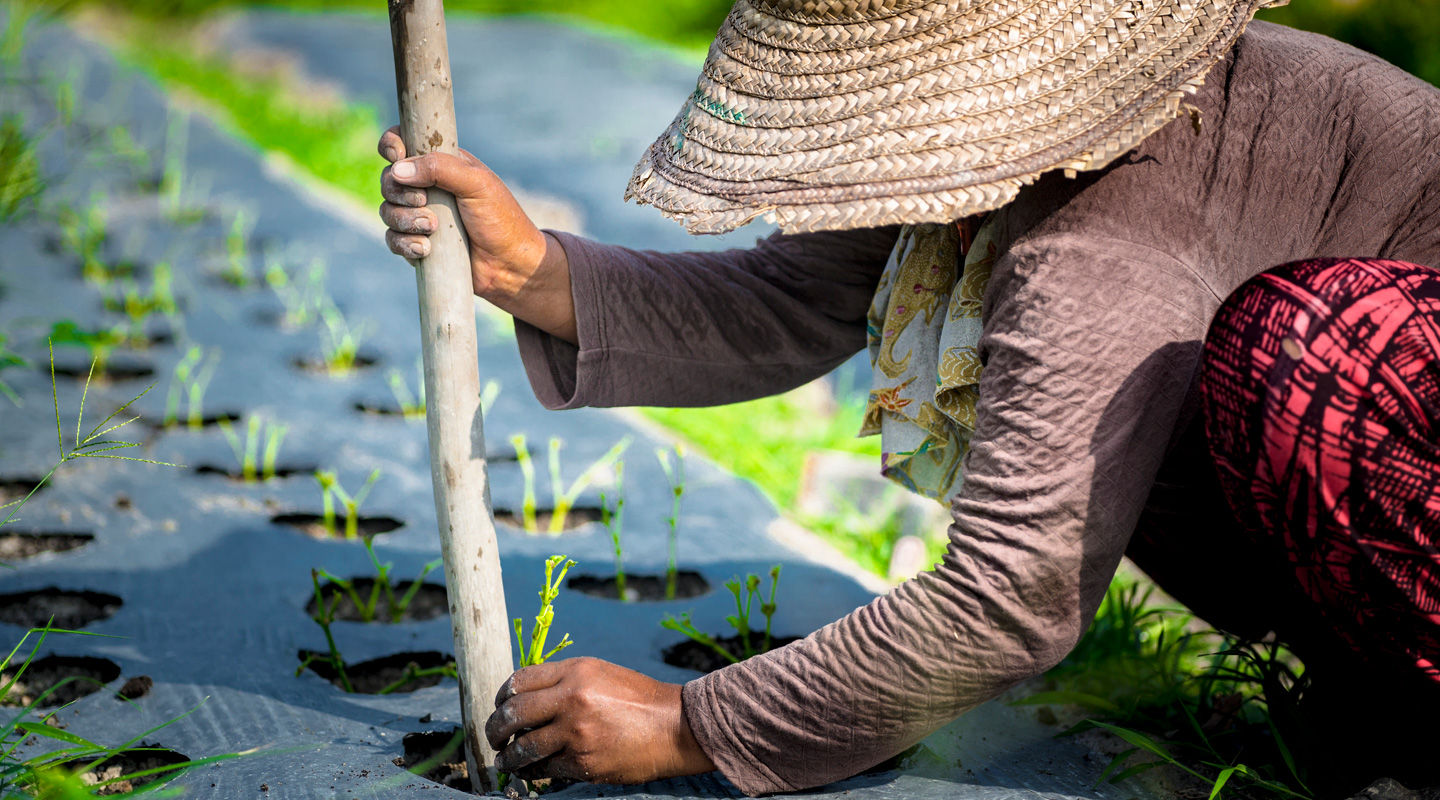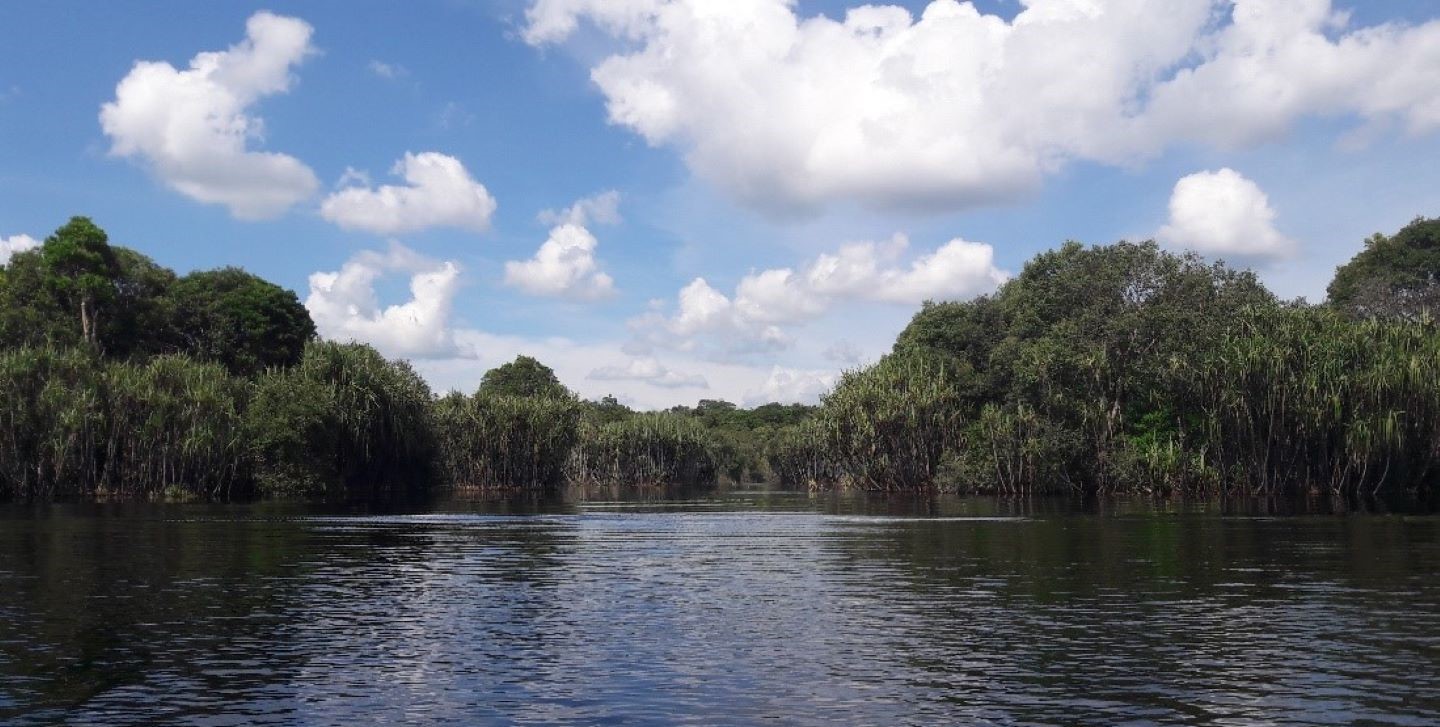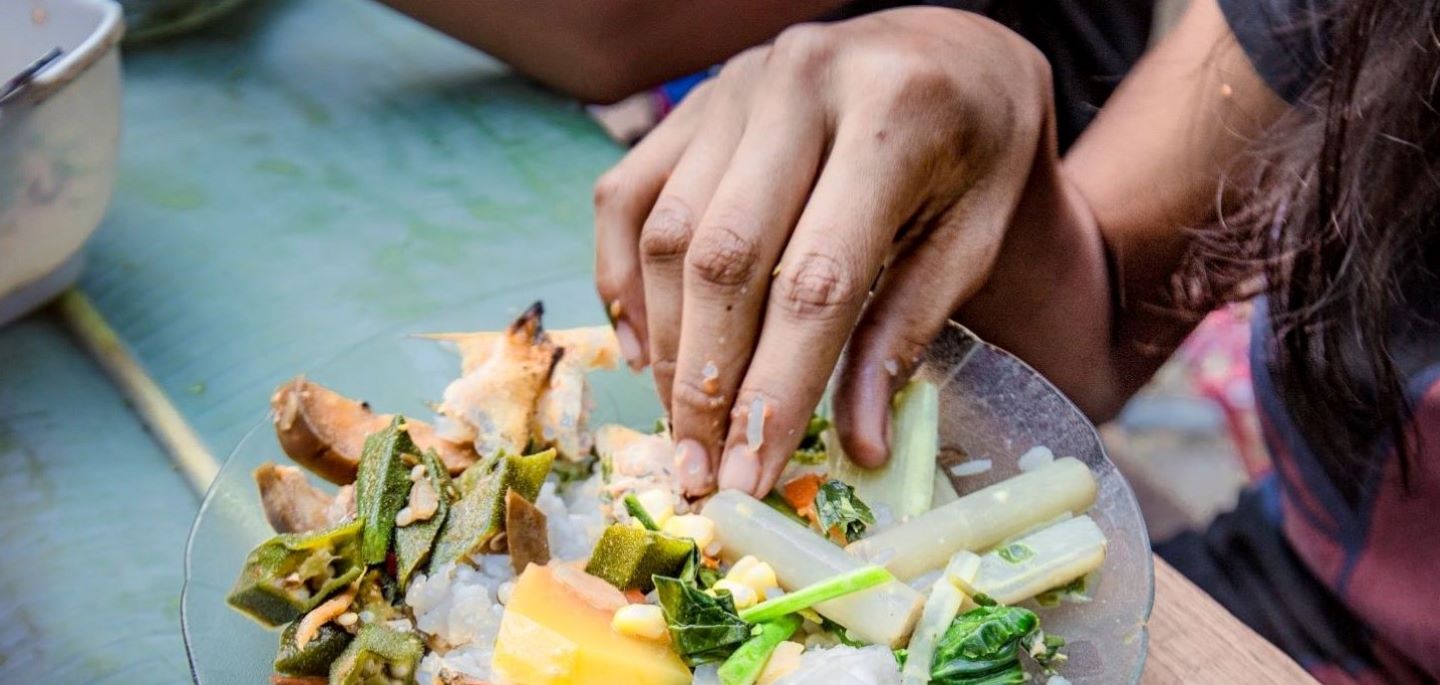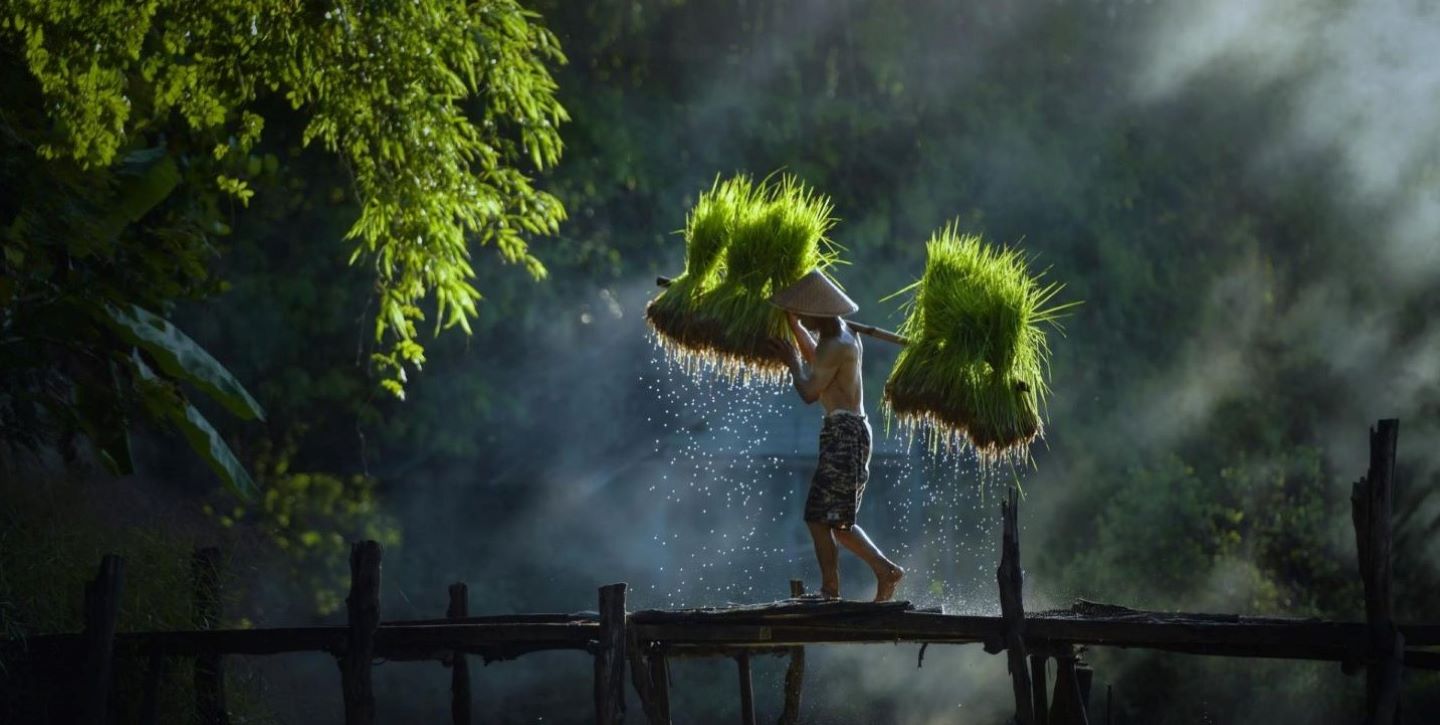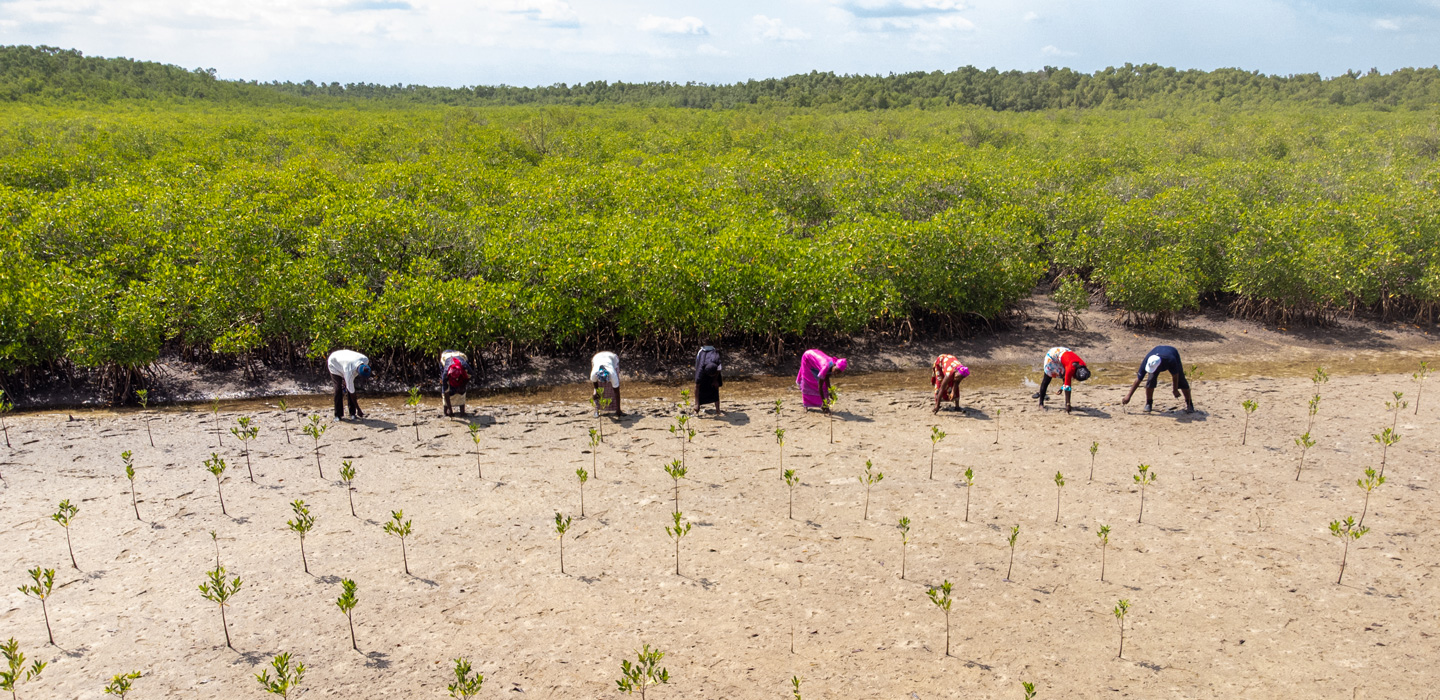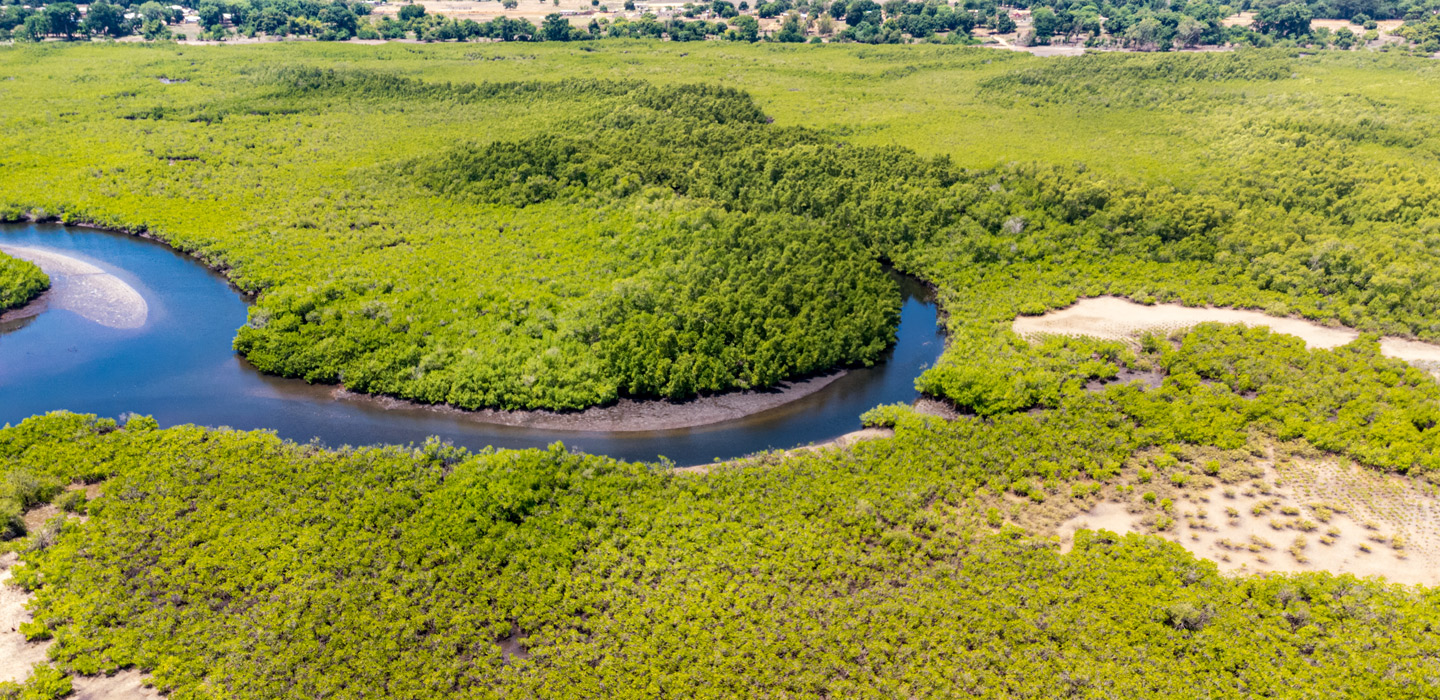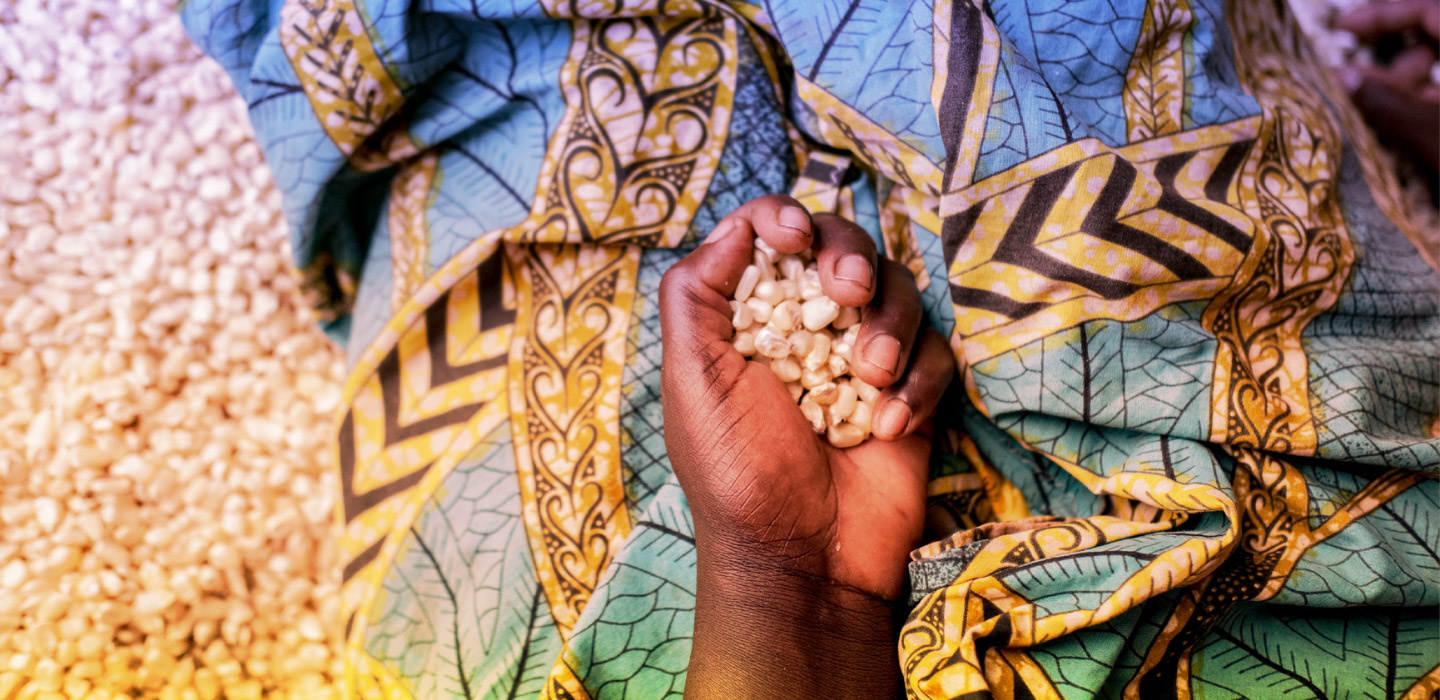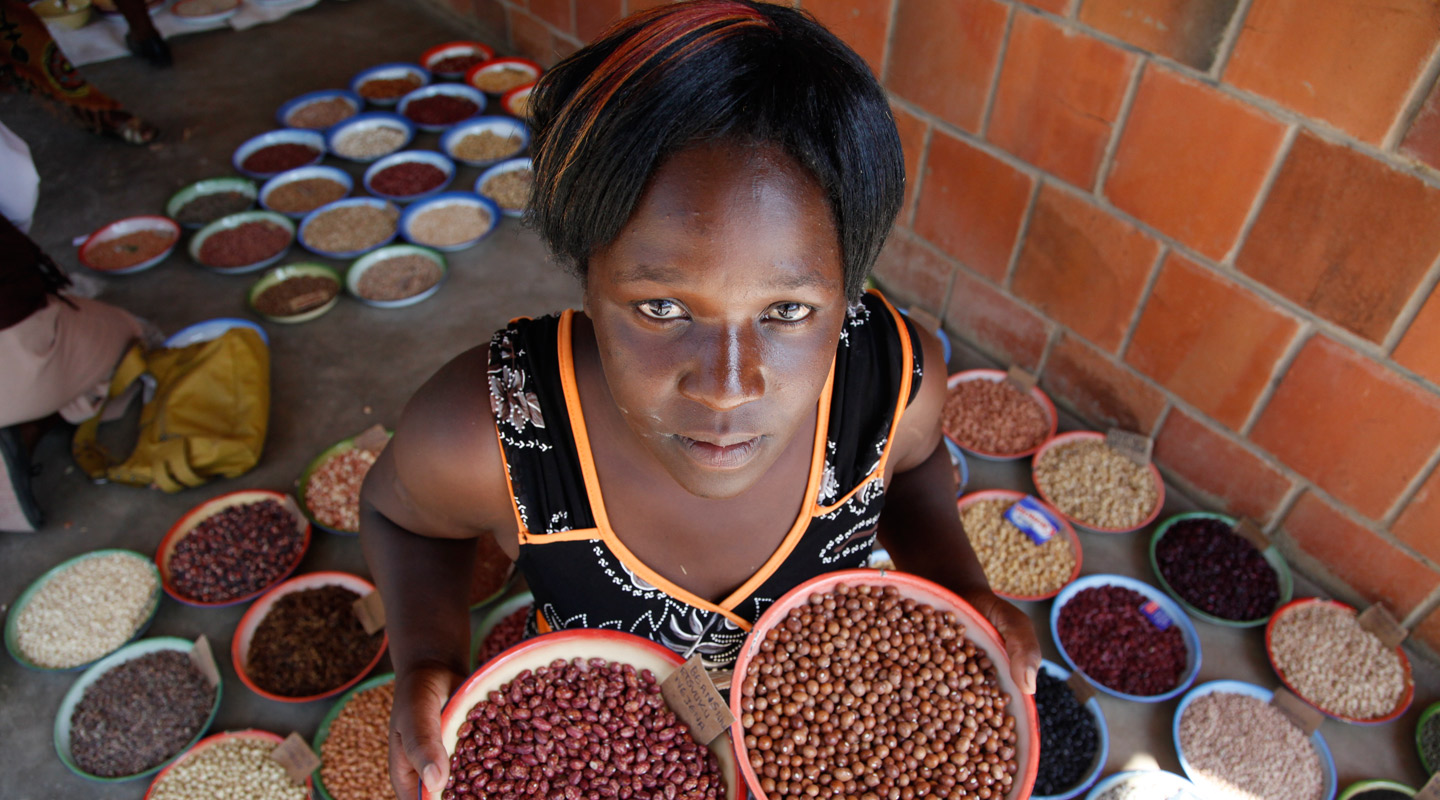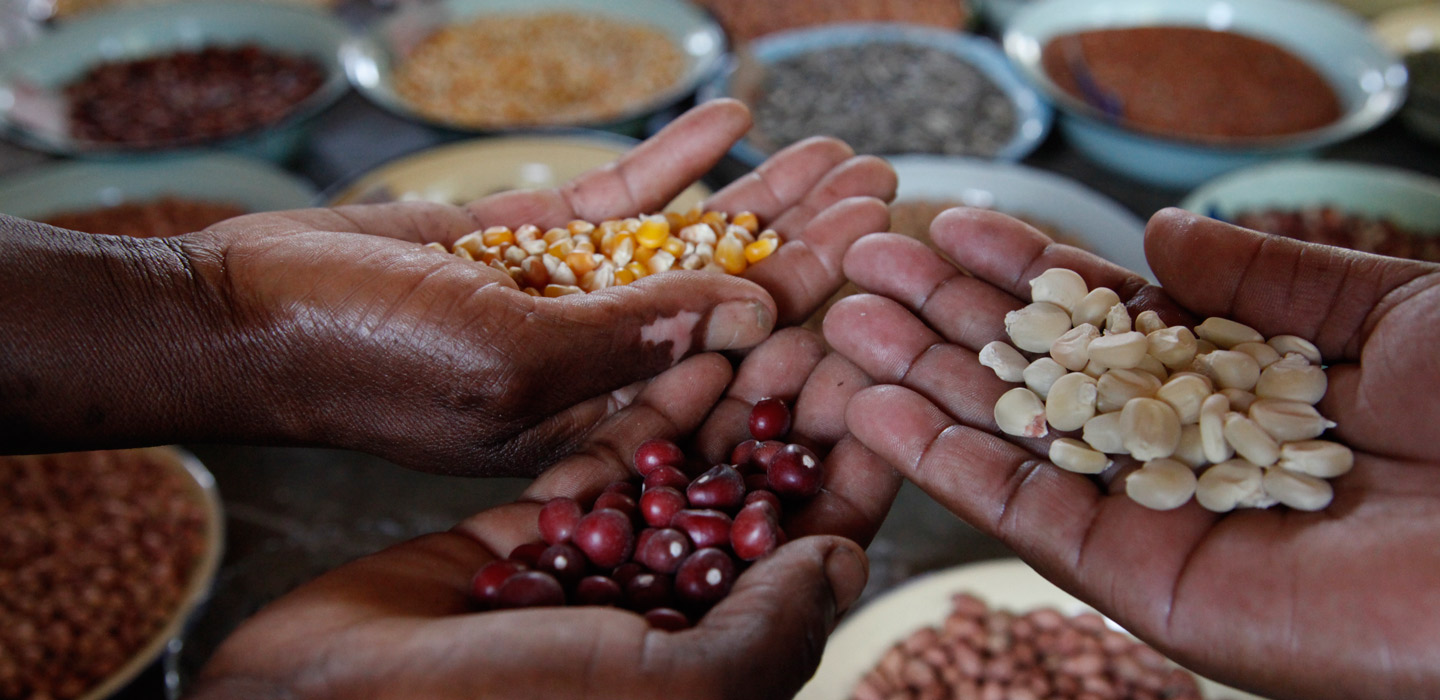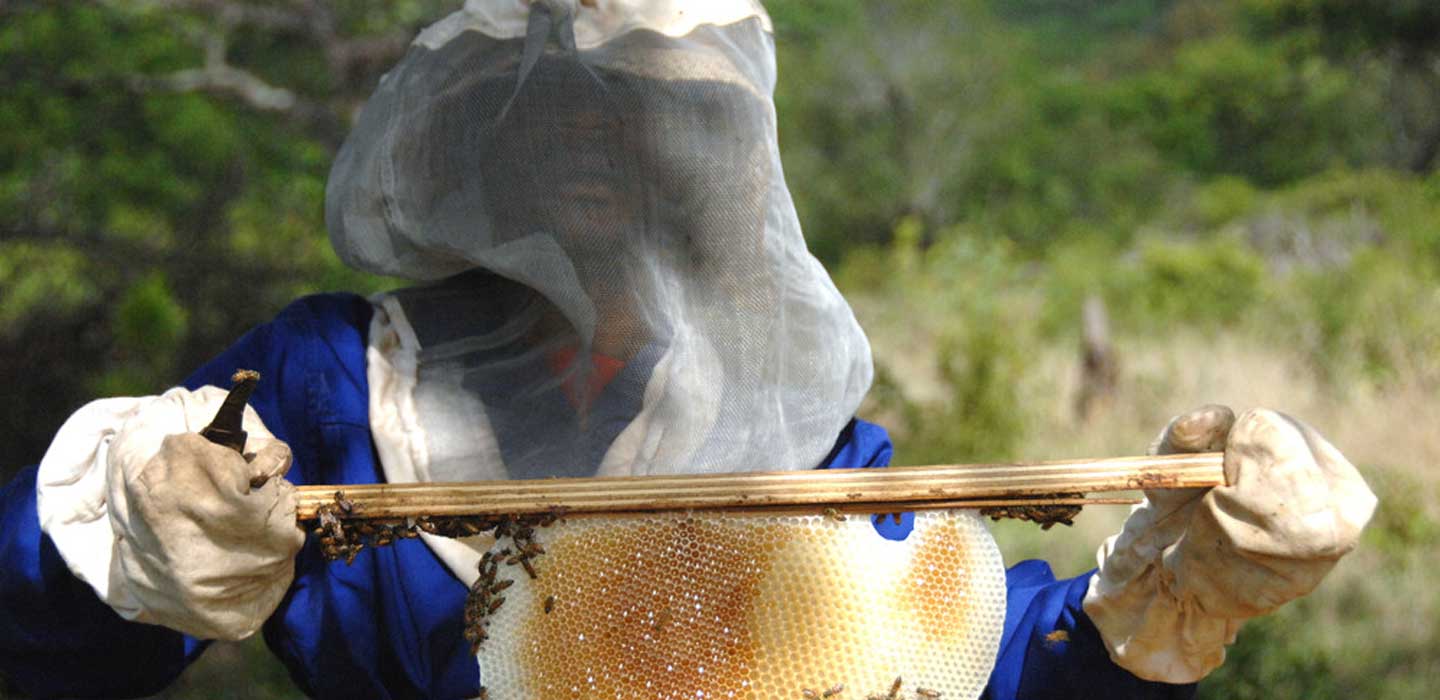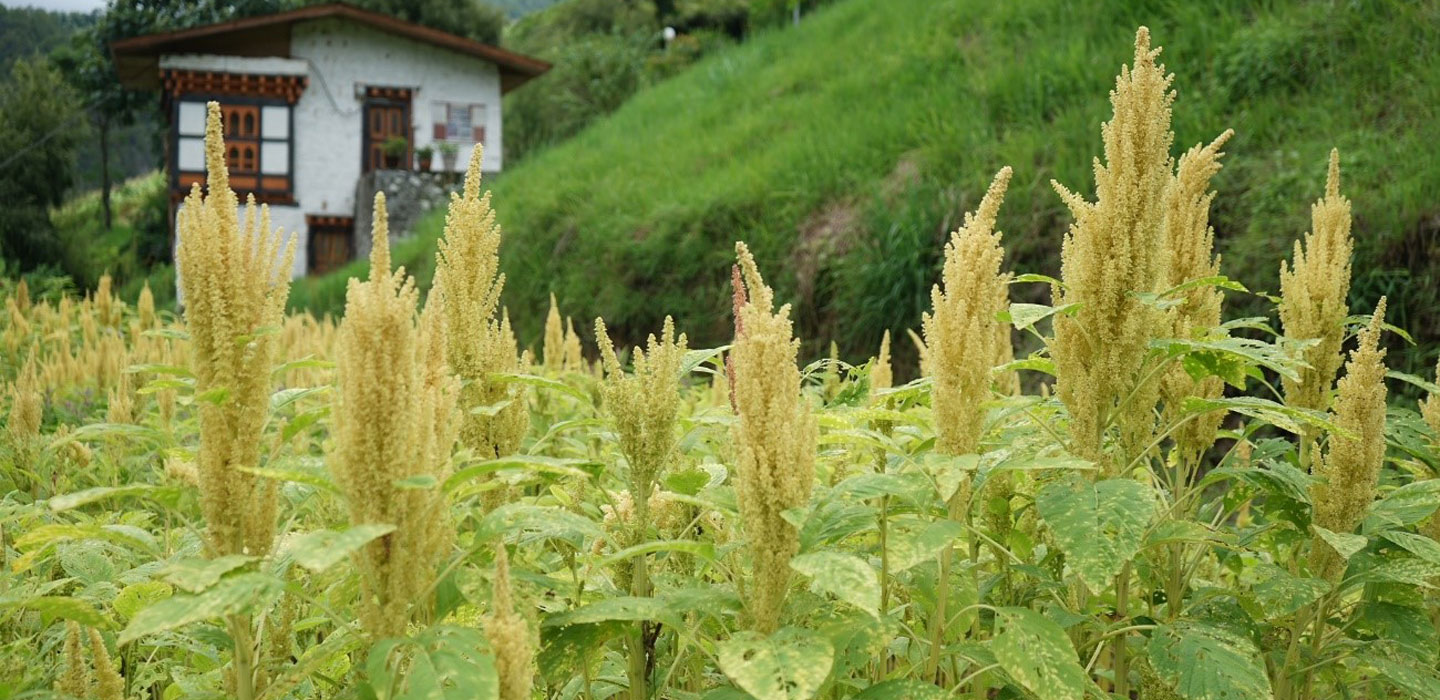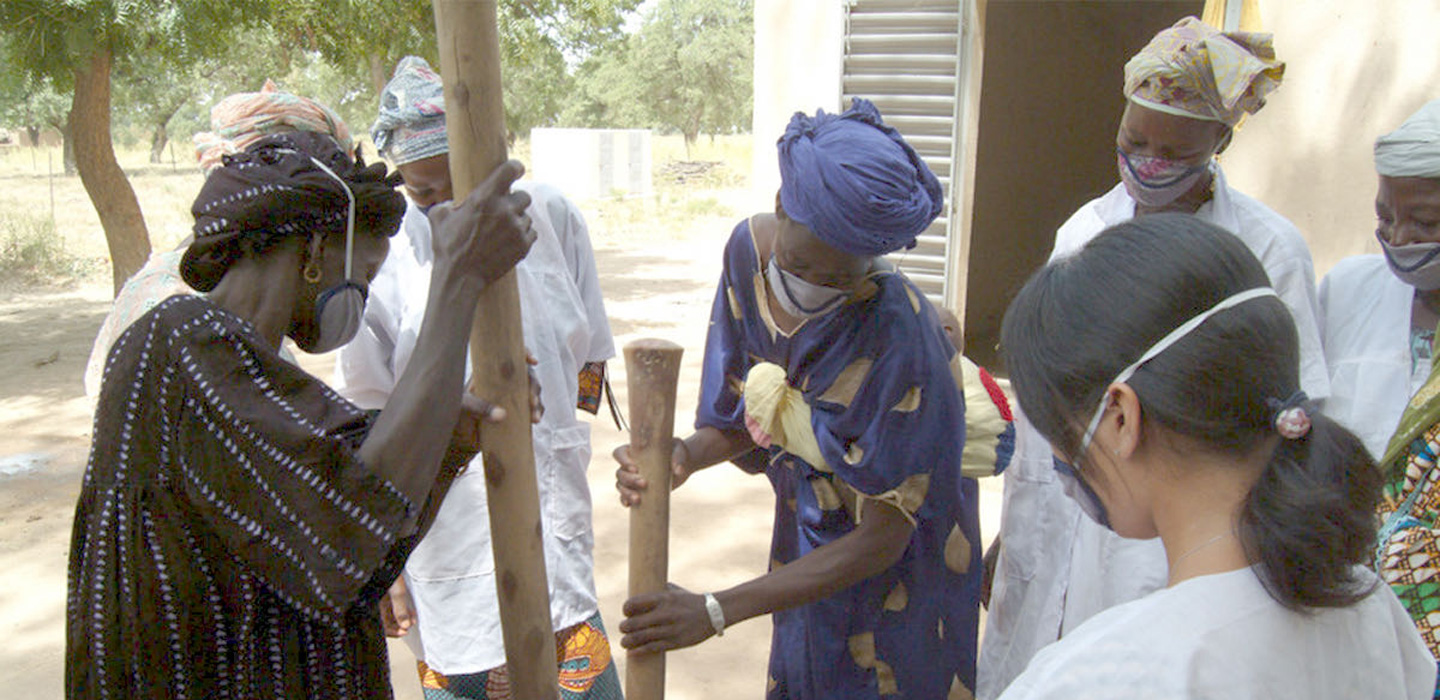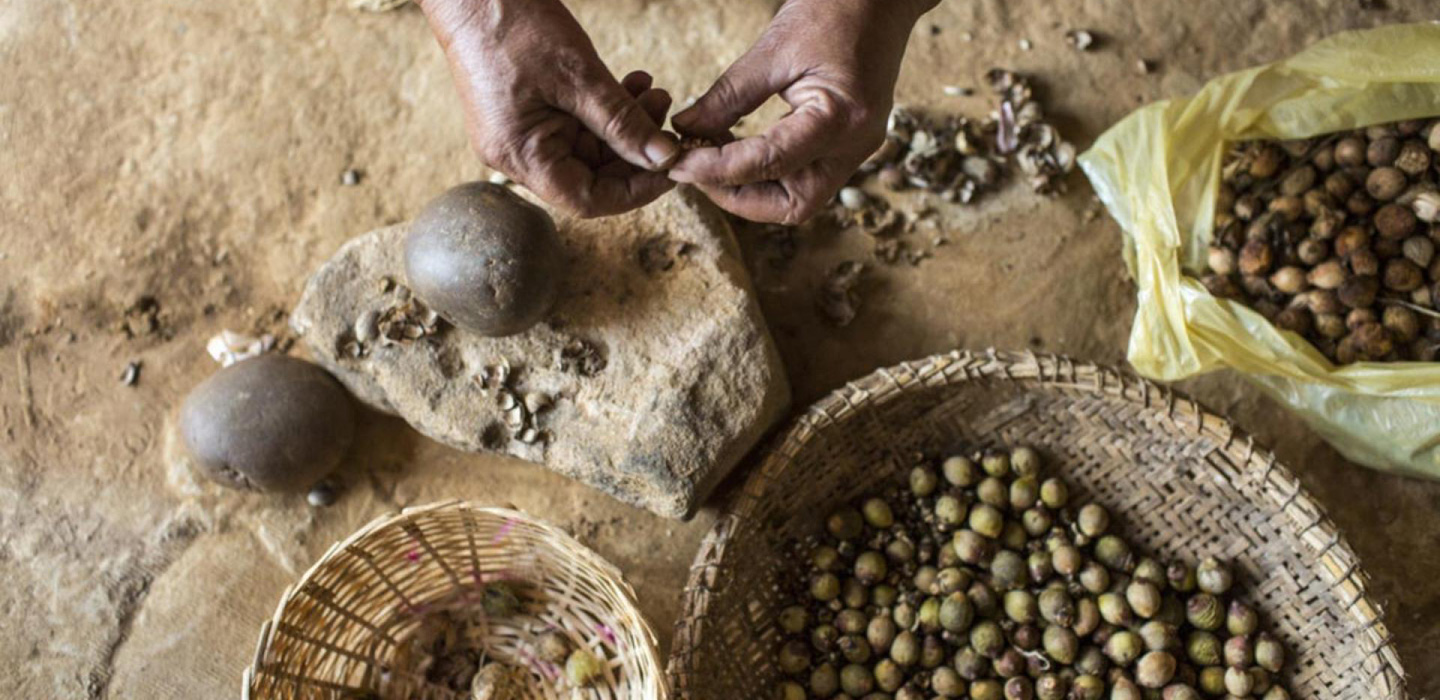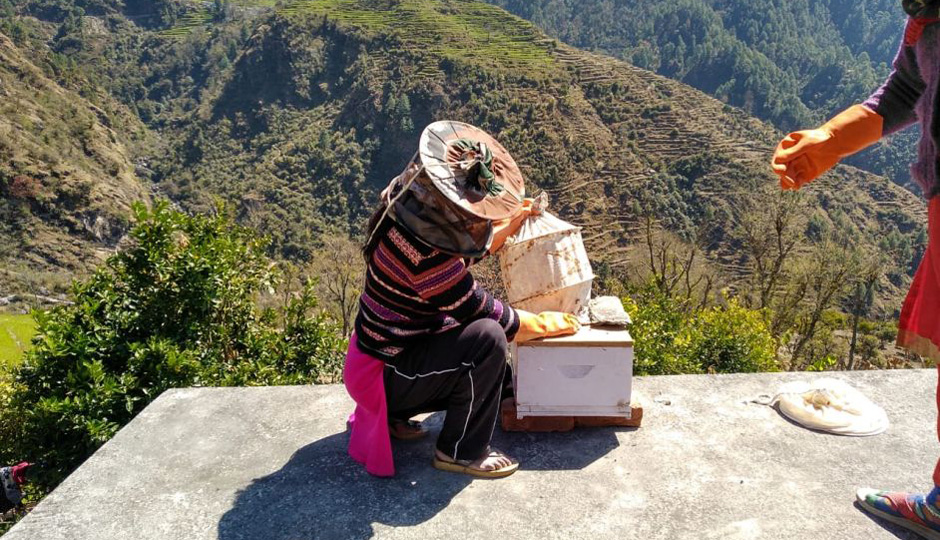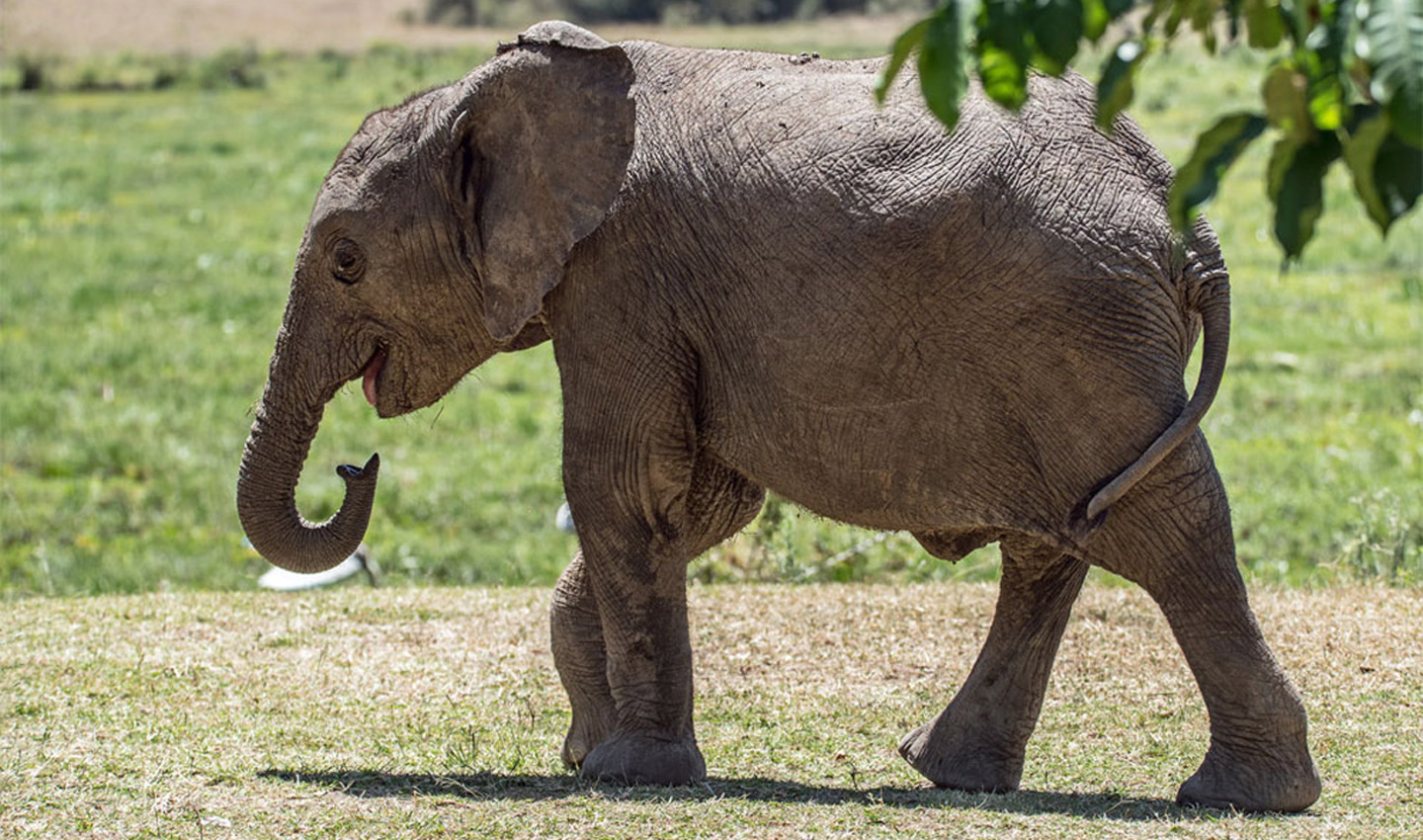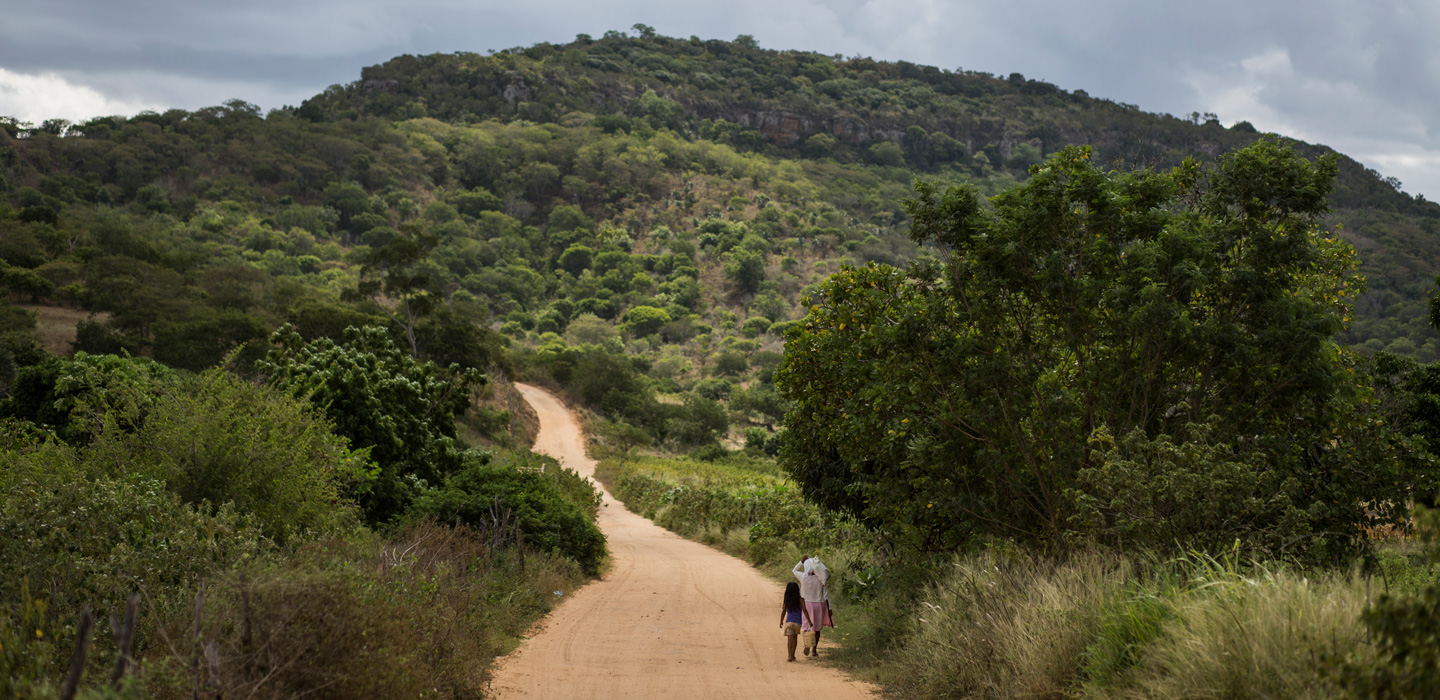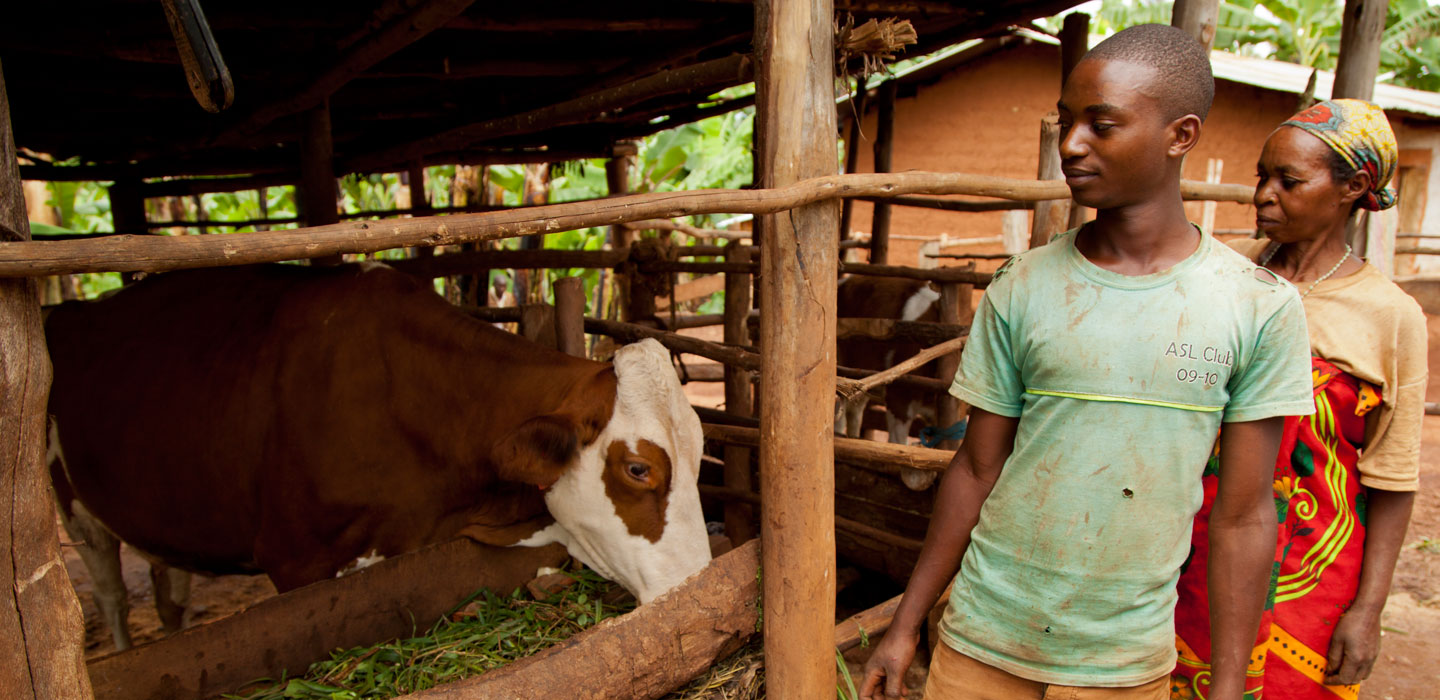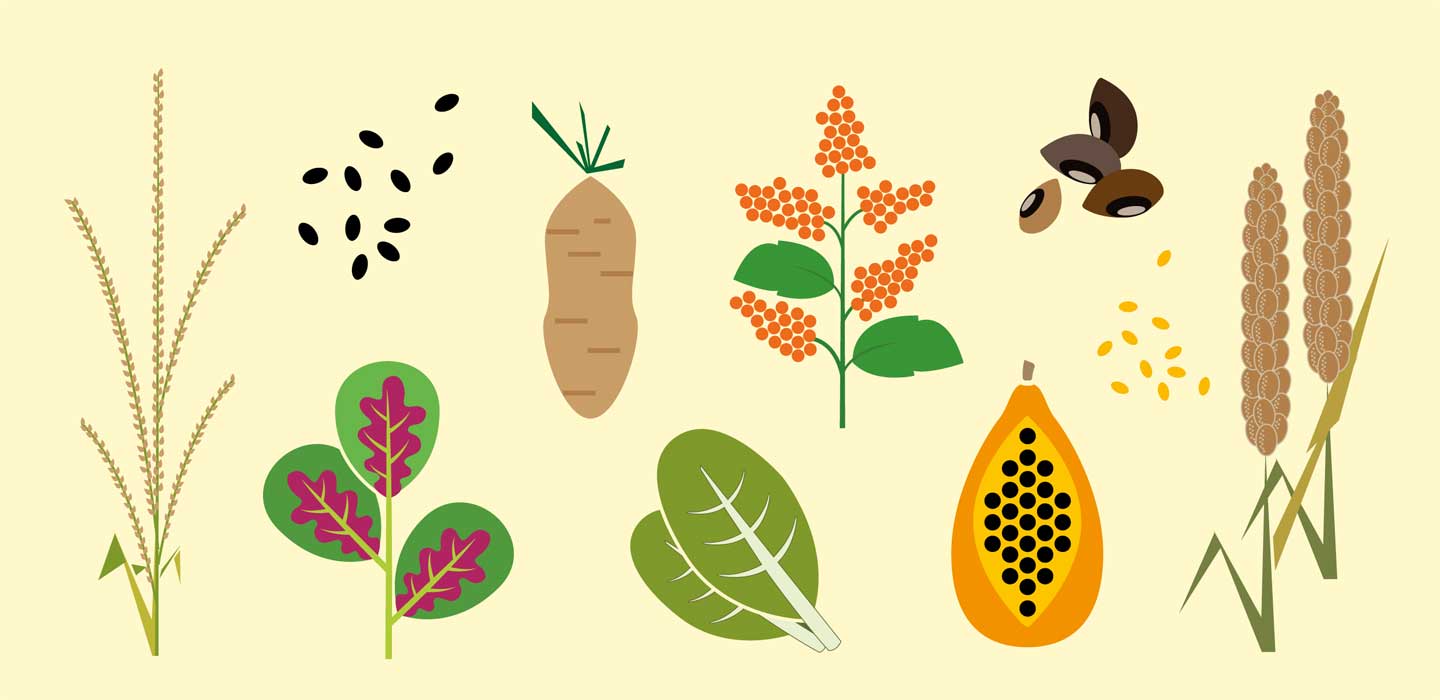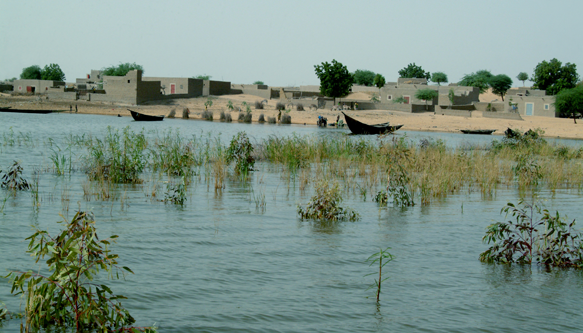Latest
Latest

Latest
Manual Submenu Topics
Search Results Filters
Search Results
The three types of biodiversity: explained
Genetic, species, ecosystem: learn about the three main types of biodiversity and explore the role each plays in making agriculture productive, nutritious and resilient.
Agriculture’s Indigenous trailblazers – Episode 57
On this episode, Indigenous leaders from Nepal, Mexico and Kenya weigh in on what it means to protect the planet while preserving their cultures, and fighting for the right to land, nutrition and education.
Sophie Grigson on how diversifying crops in Malawi cultivates sustainability and resilience
IFAD Recipes for Change chef Sophie Grigson travelled to Malawi to meet local small-scale farmers who are fighting back against climate change by diversifying their crops.
Recipes for Change: Nsima with chicken casserole and khobwe balls
Learn how to make a delicious and sustainable Malawian meal with these recipes collected from rural communities by Chef Sophie Grigson.
A guide to the pulses that power our planet
Pulses are at the heart of thriving rural communities, and an essential ingredient for a sustainable future. Learn about some of these superfoods – and how to cook them with our Recipes for Change!
Navigating marine biodiversity for a better tomorrow – Episode 52
Marine biodiversity is a precious resource – but it has long been under threat. Today's coral reefs, for example, cover half the area they did in 1950, and nearly 10 per cent of marine life is at risk of extinction.
More food with every drop
Water is key to food and agriculture, but with many parts of the world increasingly affected by water scarcity, it’s critical that we use it wisely. Luckily, small-scale farmers are up to the challenge.
Why the Sustainable Development Goals matter: your questions answered
As countries meet to evaluate how much progress has been made towards the Sustainable Development Goals, find out more about these 17 objectives and why they’re important for the rural communities we work with.
El fondo de desarrollo agrícola de la ONU dará apoyo técnico y financiero para conservar los ecosistemas silvestres de la Amazonía peruana
El Gobierno del Perú ha anunciado esta semana la puesta en marcha de un proyecto para conservar los ecosistemas silvestres de la Amazonía, mediante la puesta en valor de la biodiversidad para la seguridad alimentaria y los bionegocios. Esta nueva iniciativa contará con el apoyo técnico y financiero del FIDA, junto con la FAO y la Organización de las Naciones Unidas para el Desarrollo Industrial (ONUDI).
It’s time we treat the transformation of food systems like the emergency that it is
Our current food systems cannot keep up with the world’s growing population – as a result, millions face hunger. Now more than ever, countries must take action to transform how food gets from farm to plate.
Debunking three myths about rural people and the environment
The world is full of misconceptions about rural people and the environment. Find out what’s true and what’s not, as we debunk three major myths.
Rural people rely on biodiversity. Here's how IFAD protects it
Biodiversity is especially important for small-scale farmers. Here’s how IFAD is further integrating it into projects all over the world.
Rural people make a beeline for prosperity
On World Bee Day, meet the pollinators buzzing to protect our planet and the rural people taking care of them.
Bigging up biodiversity – Episode 43
This month on Farms.Food.Future we immersed ourselves in the world of biodiversity, ahead of World Biodiversity Day on 22 May.
Meet the farmers fighting for our ecosystems
Ecosystems across the world are suffering huge losses. Here are three examples of how small-scale farmers are working to restore and conserve our habitats.
Meet the young entrepreneurs fighting to preserve and restore our biodiversity
Young people the world over know that conserving our biodiversity is key to eradicating hunger and achieving a healthy and sustainable food system. Here’s how they’re fixing our broken planet.
Giving Indigenous Peoples the recognition they deserve: Why updates to IFAD's policy matter
IFAD’s updated Policy on Engagement with Indigenous Peoples enshrines the value of their traditions and supports the crucial role they play in the world. We spoke with three experts to get an insight into the policy.
2022: Resilience in the face of adversity
As we near the end of 2022, IFAD looks back on some of the themes that defined a year of dramatic change.
Indigenous Peoples are protecting biodiversity, one harvest at a time
To conserve biodiversity, Indigenous Peoples use centuries-old food systems anchored in sustainable practices and unique to their native ecosystems.
Global Environment Facility tasks FAO and IFAD to lead new $230 million agrifood systems transformation program
The initiative aims to support shifts towards sustainable nature-positive production and efficient value chains for crops, commodities, livestock, and aquaculture.
Building biodiversity for a successful farming future – Episode 38
This month we kick off with the Conference of the Parties on Biological Diversity, or COP 15, followed by three IFAD projects that put biodiversity and conservation at the forefront of their missions.
Climate finance keeps carbon where it belongs: underground
Climate finance is essential to prevent the worst-case climate scenarios from happening and to protect the most vulnerable people from a climate breakdown.
You are what you eat: Indigenous youths breathe new life into ancient traditions
Young members of indigenous communities are working to reverse centuries of dispossession and preserve their way of life, including their food heritage.
Putting Nature at the Heart of Farming - Episode 30
This month’s episode is all about biodiversity and agriculture.
IFAD Goodwill Ambassadors Idris and Sabrina Elba attend COP26 to advocate for increased investments in climate adaptation and biodiversity protection
As climate negotiations enter a crucial phase, Idris and Sabrina Elba, UN Goodwill Ambassadors for IFAD, will attend COP26 to advocate for increased investments to help small-scale farmers to adapt to climate change and to protect biodiversity.
If we lose biodiversity, we will not address climate change or hunger, warns IFAD report ahead of UN biodiversity conference
If we continue to lose biodiversity, the world’s most vulnerable people will not be able to adapt to climate change nor sustainably produce food, according to a report released today by IFAD. The report also details the role that rural small-scale farmers play in protecting biodiversity.
Balancing Biodiversity with Agricultural Development – Episode 24
This month’s episode focuses on the upcoming UN Convention on Biological Diversity, set to take place in Kunming, China this October.
Protecting biodiversity is crucial to fighting hunger - IFAD calls for increased investments ahead of World Conservation Congress
If we do not invest more in protecting biodiversity, development cannot be sustainable and we will not eradicate hunger or achieve the Sustainable Development Goals, said the President of IFAD ahead of his participation in the IUCN World Conservation Congress that begins in Marseille today.
Putting food and agriculture at the heart of the global biodiversity framework
Despite standing to suffer immensely from the decline of biodiversity, agriculture is the lead driver of biodiversity loss, primarily through conversion and fragmentation of habitat and unsustainable intensification.
IFAD-GEF–supported project in Eswatini scoops the 2020 Biodiversity Award
The IFAD- and GEF-supported Smallholder Market-led Project (SMLP-CSARL) recently received the Biodiversity Award at Eswatini’s 2020 Temvelo Climate Awards.
French President Emmanuel Macron calls on leaders to fund IFAD
In a move to sustainably address rising hunger and poverty, exacerbated by COVID-19, climate change and biodiversity loss, French President Emmanuel Macron called on global leaders to step up their commitments in support of long-term agricultural development.
How Bhutan is showing the way in building crop biodiversity
For countries like Bhutan – nestled in the high Himalayas, historically isolated and topographically challenging – ensuring food security is vital.
Building Back Better: Investing In Farming Under COVID-19 – Episode 12
We begin this month’s programme with a conversation with IFAD's Associate Vice President Marie Haga about how vital it is for governments to invest in rural communities in developing countries, even during COVID-19.
Coping with COVID-19: Building Farmers’ Resilience - Episode 11
As the COVID-19 pandemic continues on, many people around the world, including small-scale farmers, are learning how to cope with its various effects.
Bees, biodiversity and COVID-19 - World Bee Day
Bees support countless ecosystems, bolster biodiversity, anchor food chains and help ensure humans’ agricultural security. Not bad for insects no bigger than a paperclip.
Building for biodiversity: How one fence saved Kenyan farmers, crops – and wildlife
We often think of elephants as gentle giants. Beloved by nature enthusiasts the world over, they are an iconic presence in the forests and grasslands of Africa and Asia. They are also a keystone species, indispensable for maintaining the biodiversity of the ecosystems in which they live.
How agroecology can respond to a changing climate and benefit farmers
Current food systems are at a crossroads. There is a strong need for transforming food production and consumption patterns in a sustainable way. One where farmers adapt and build resilience to the increasing challenges from climate change and where nutritious food is available for all. Agroecology provides one solution towards this transformation.
Family farming, biodiversity and climate change - opportunities of the United Nations Decade of Family Farming
Agriculture is responsible for much of the world’s greenhouse gas emissions, but family farmers are also responsible for promoting biodiversity and guaranteeing ecosystem services upon which agricultural activity depends.
Making local crops work for nutrition-sensitive agriculture
A new framework will guide practitioners to use a broad portfolio of crop species to bring nutrition back to the table.
Paxina Chileshe talks about climate adaptation
Paxina Chileshe, climate change specialist at IFAD, talks about climate adaptation and smallholder farmers.
